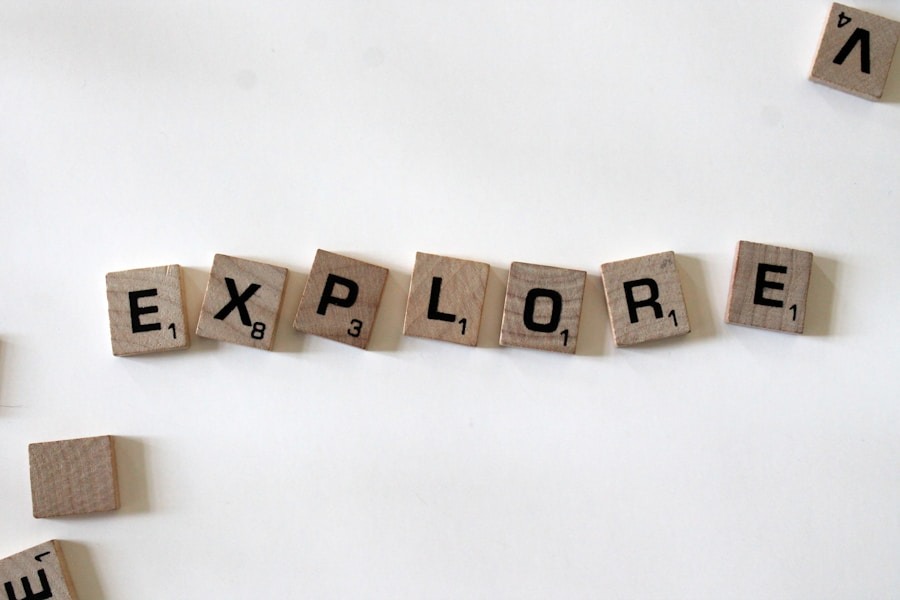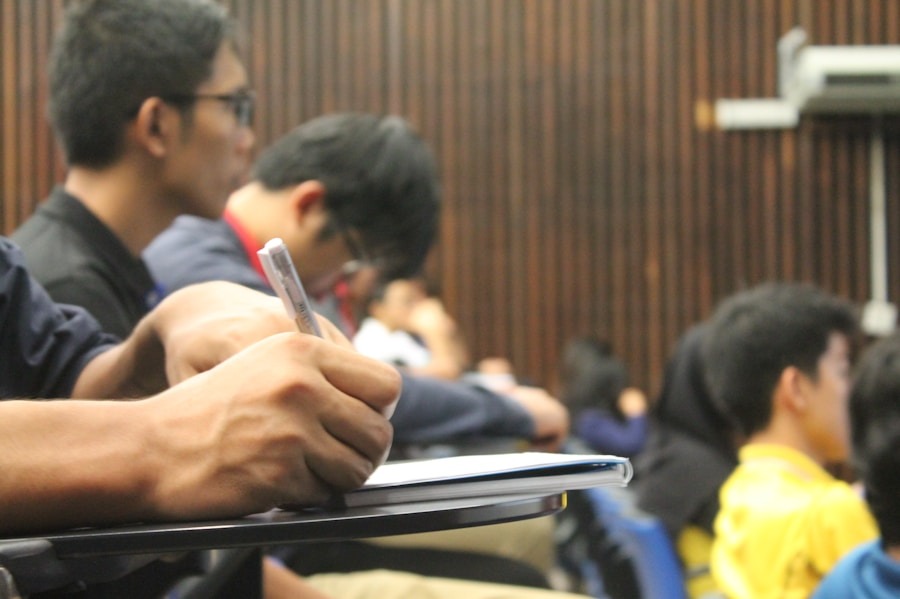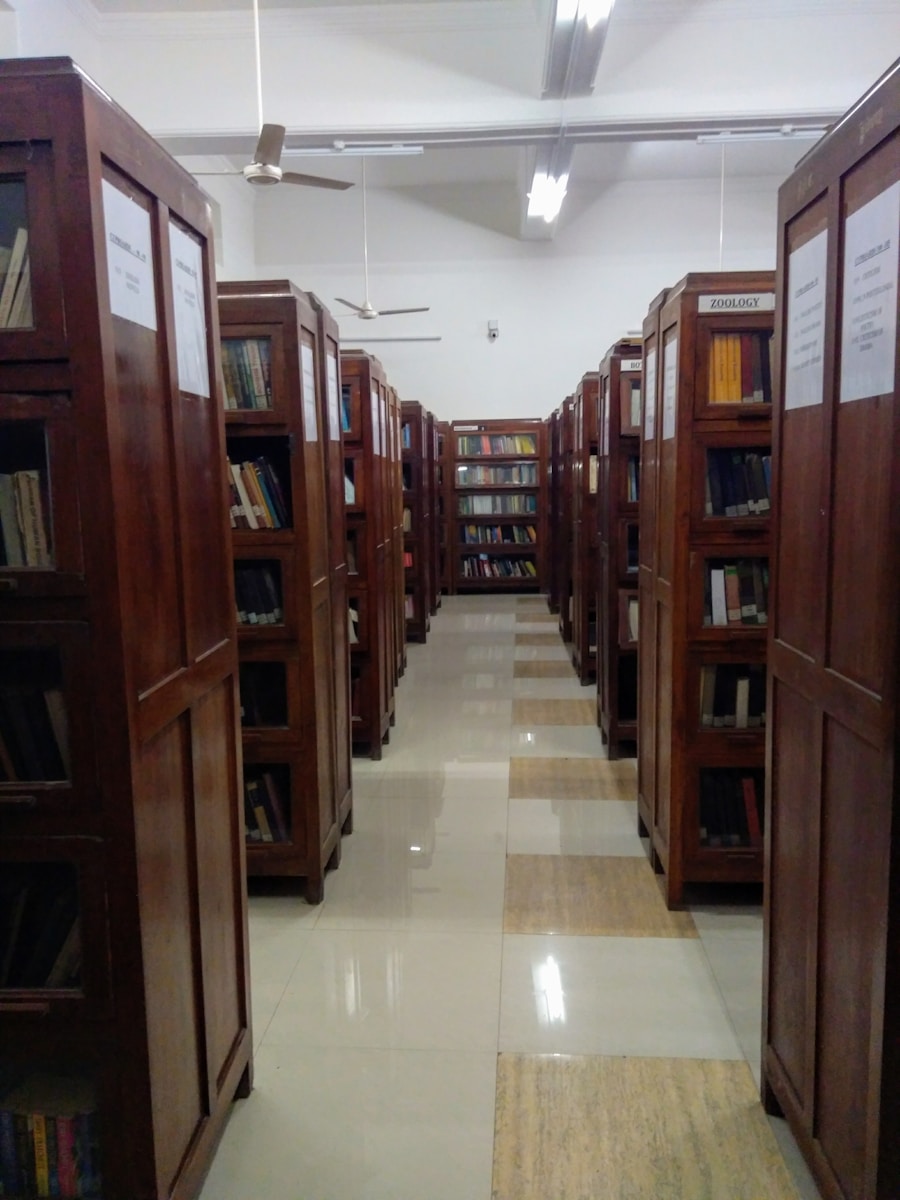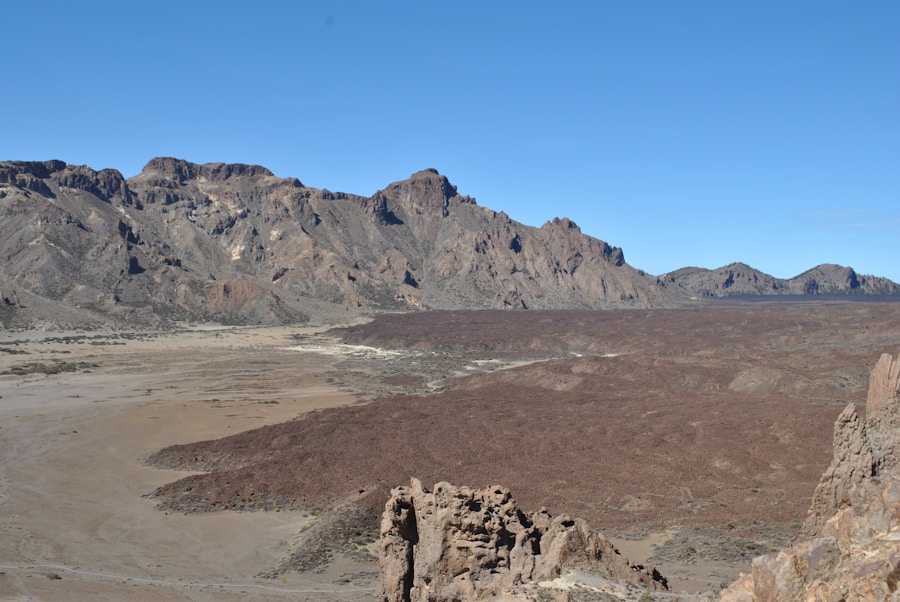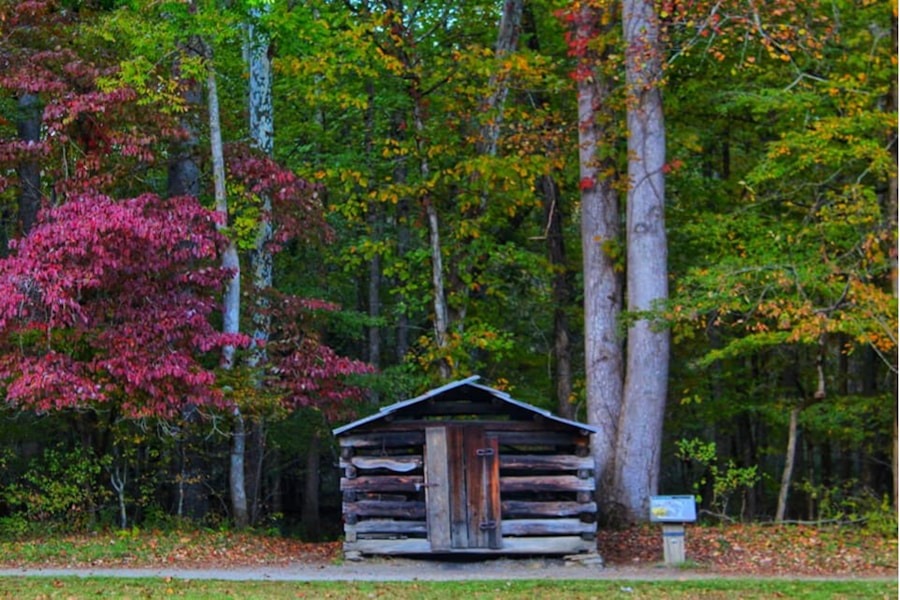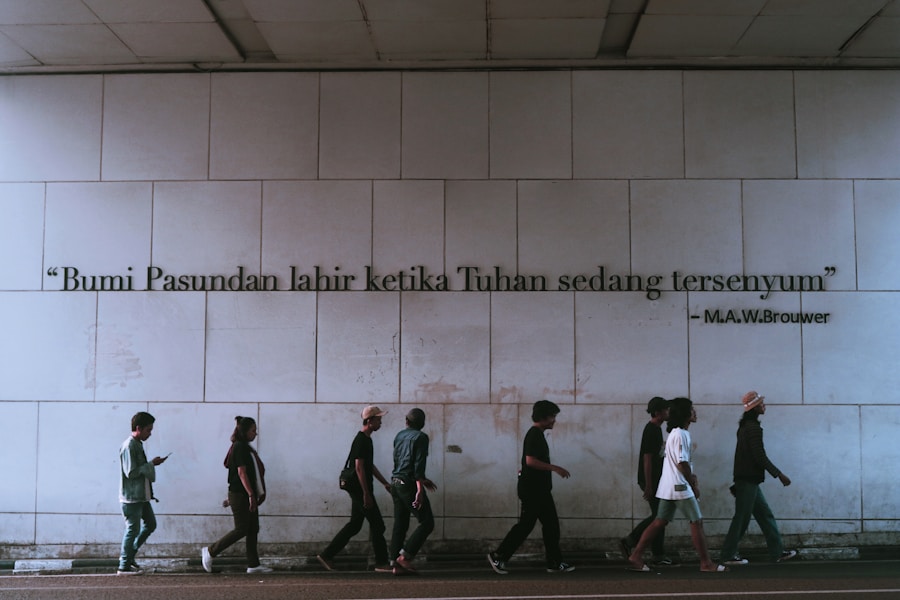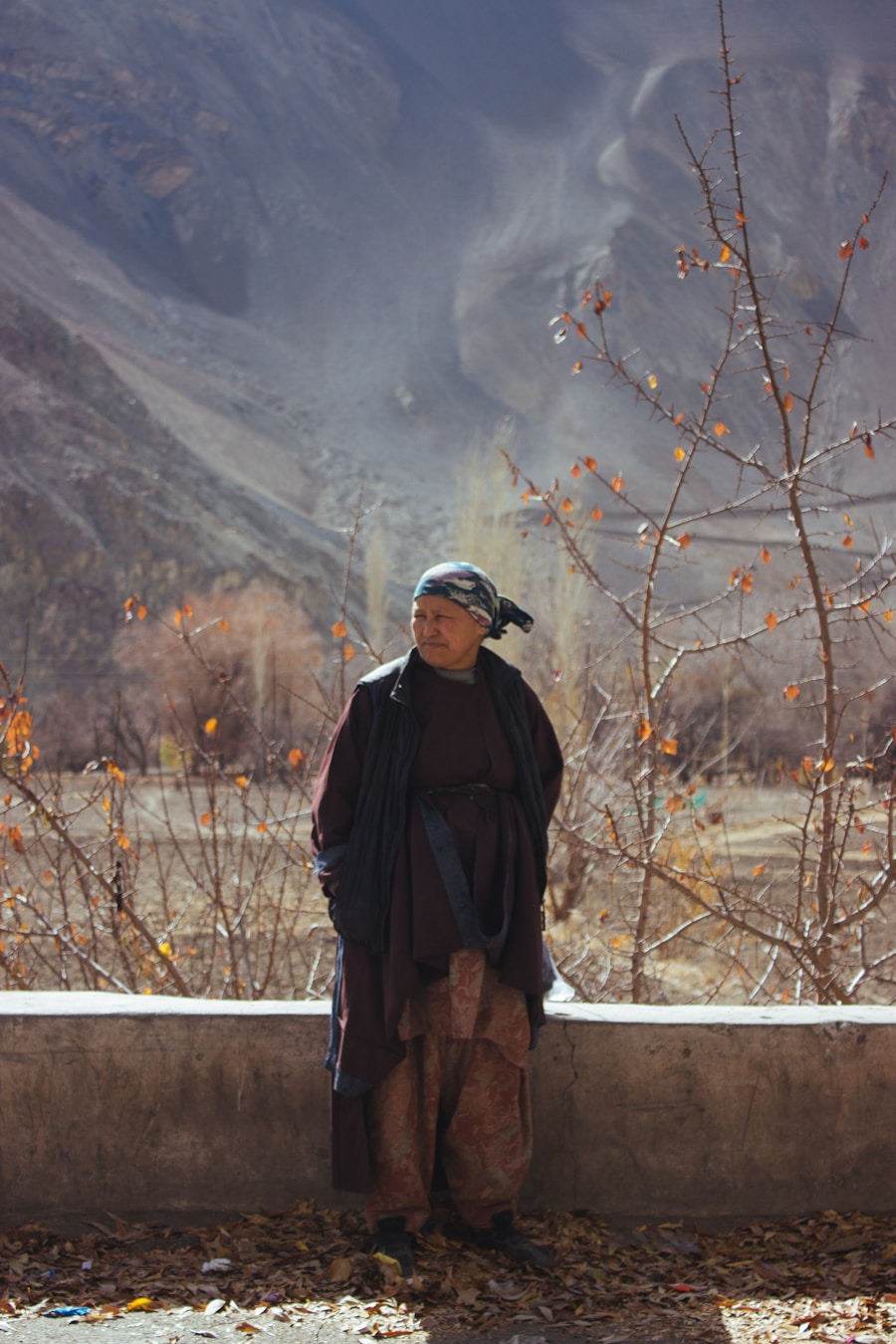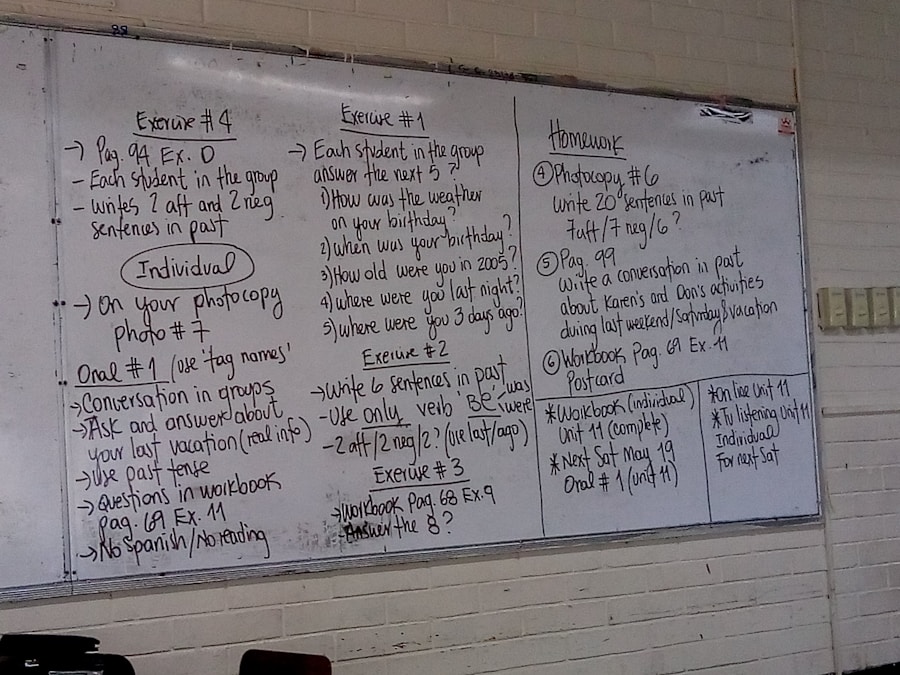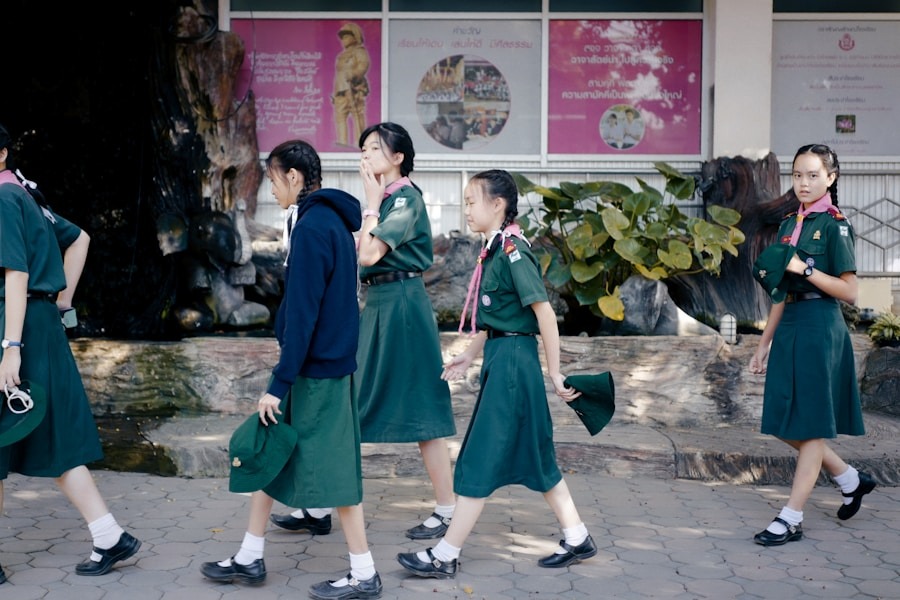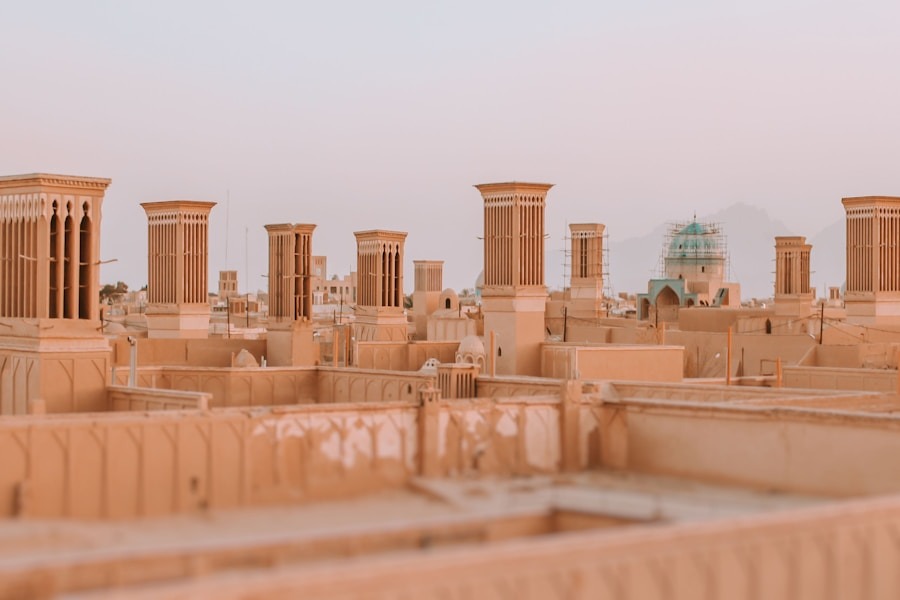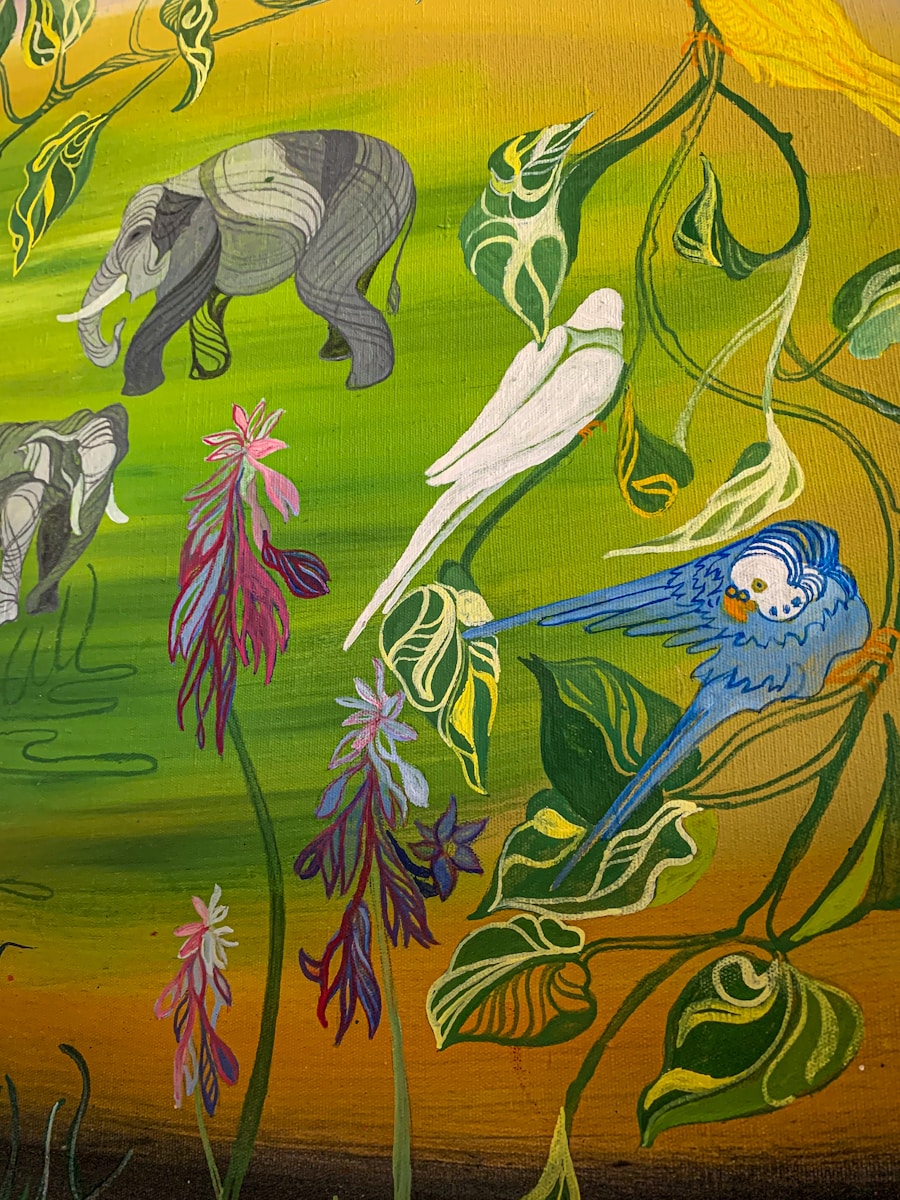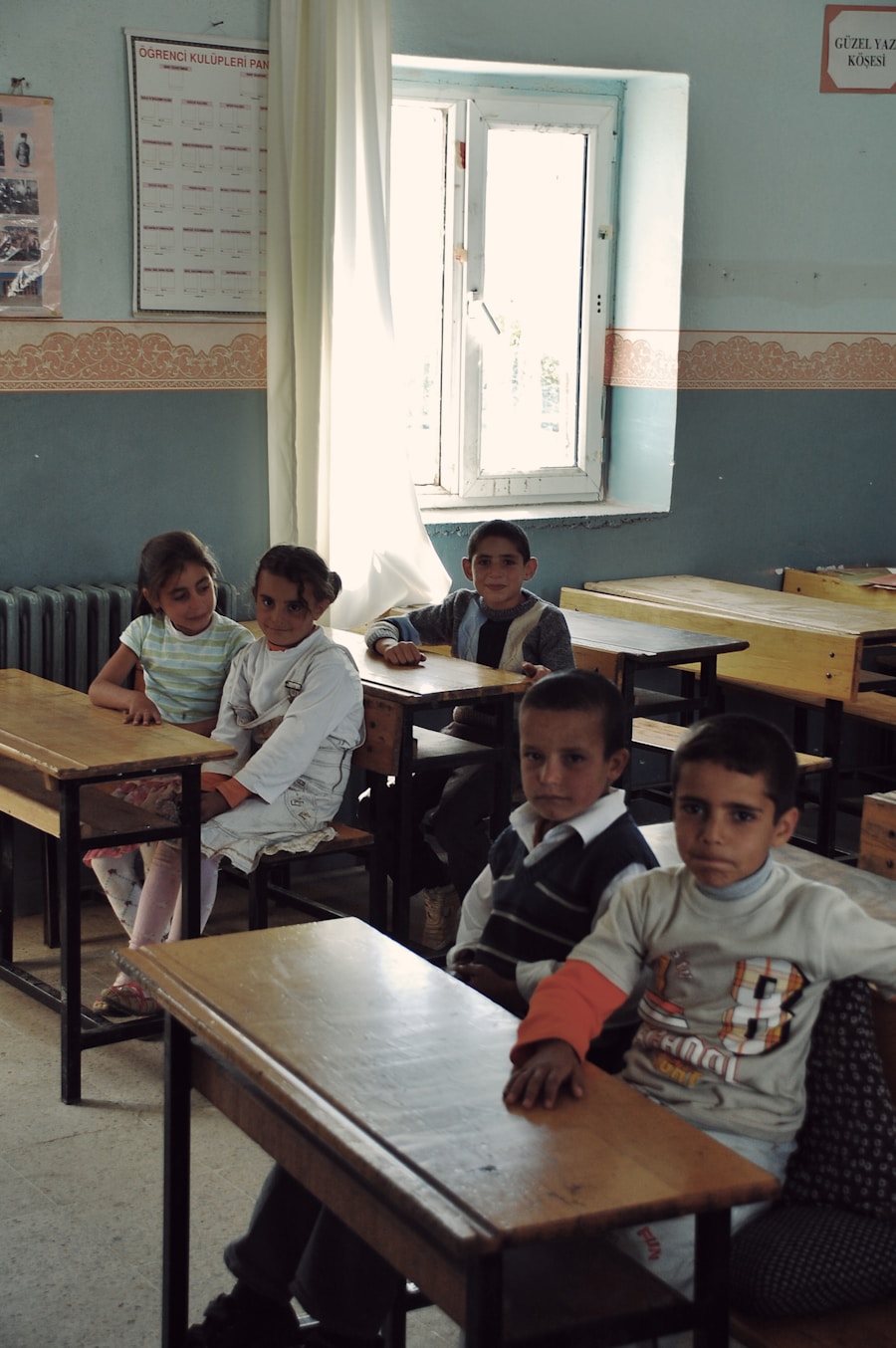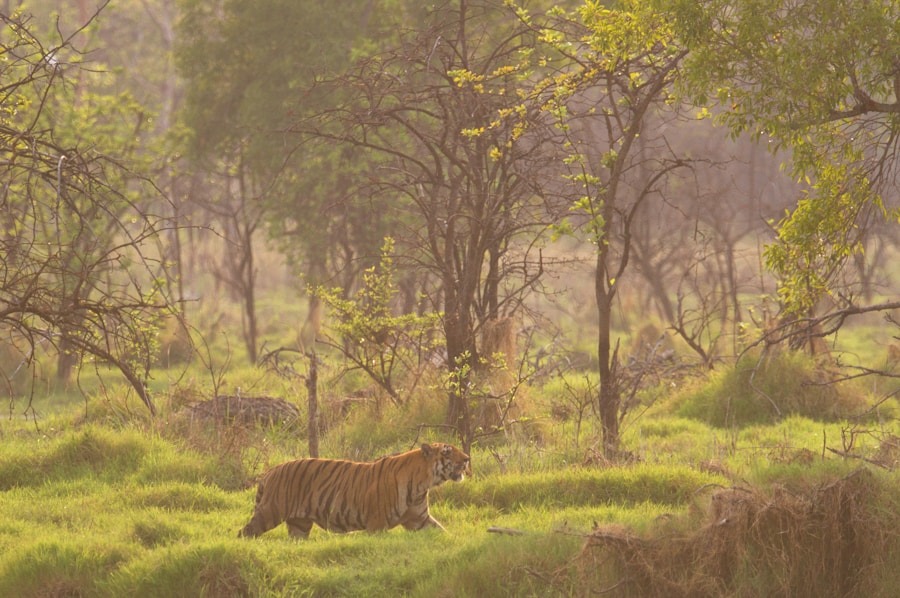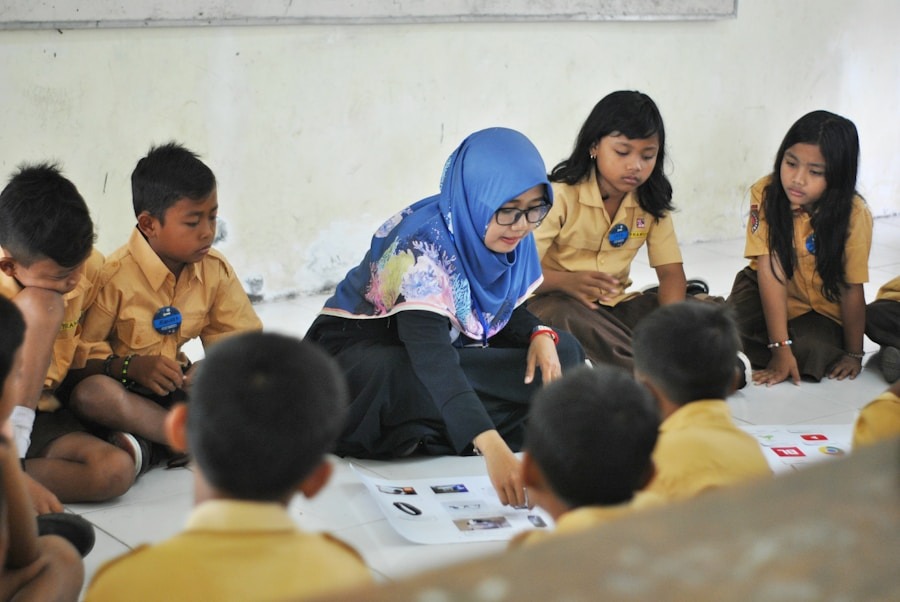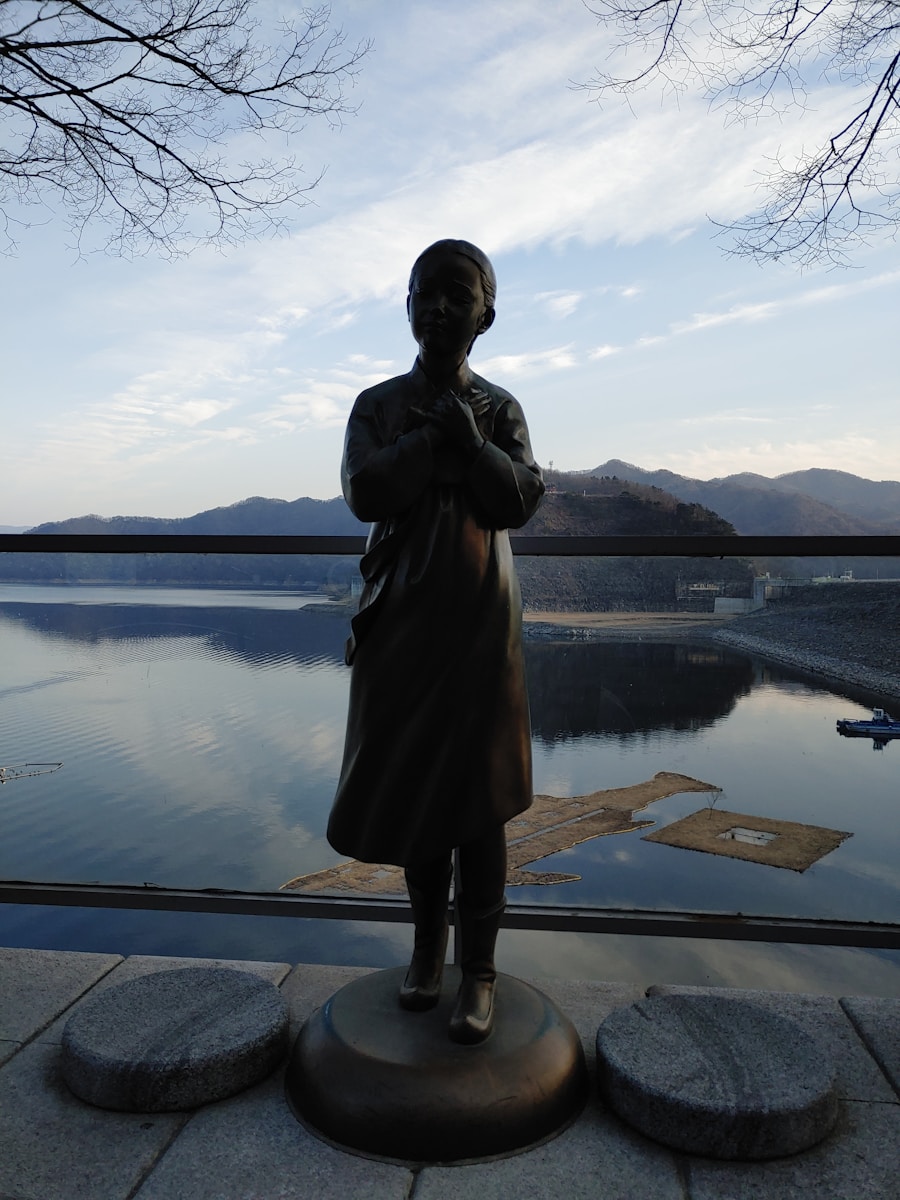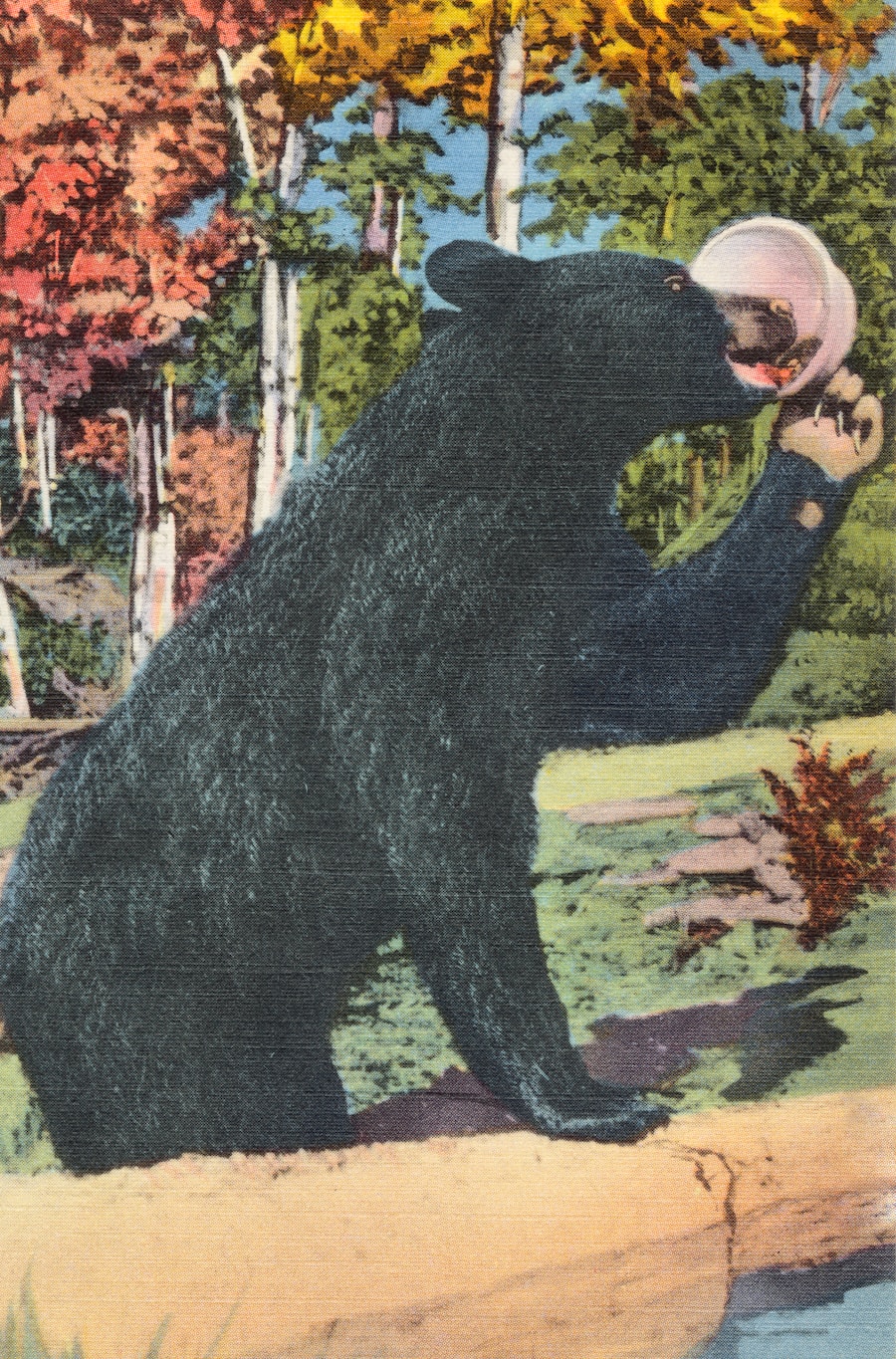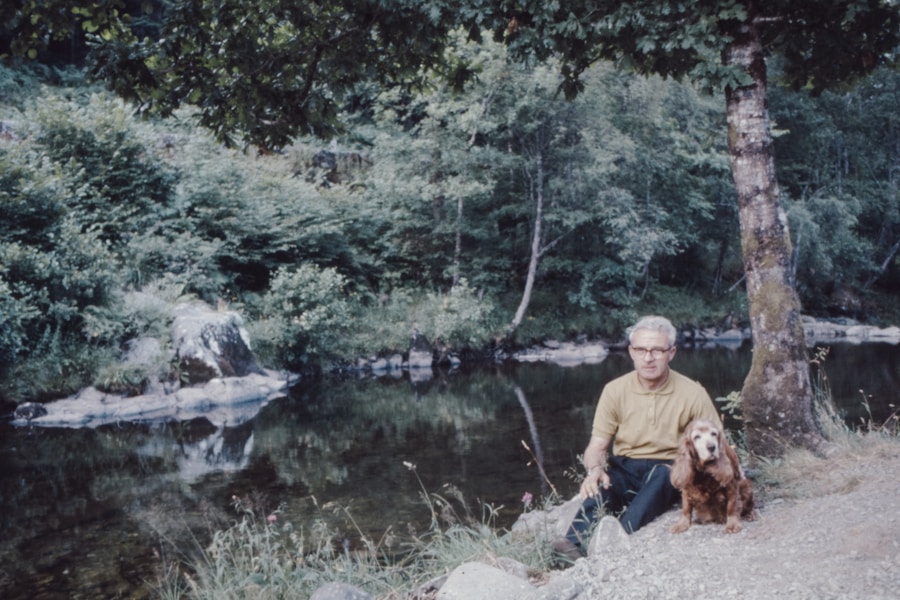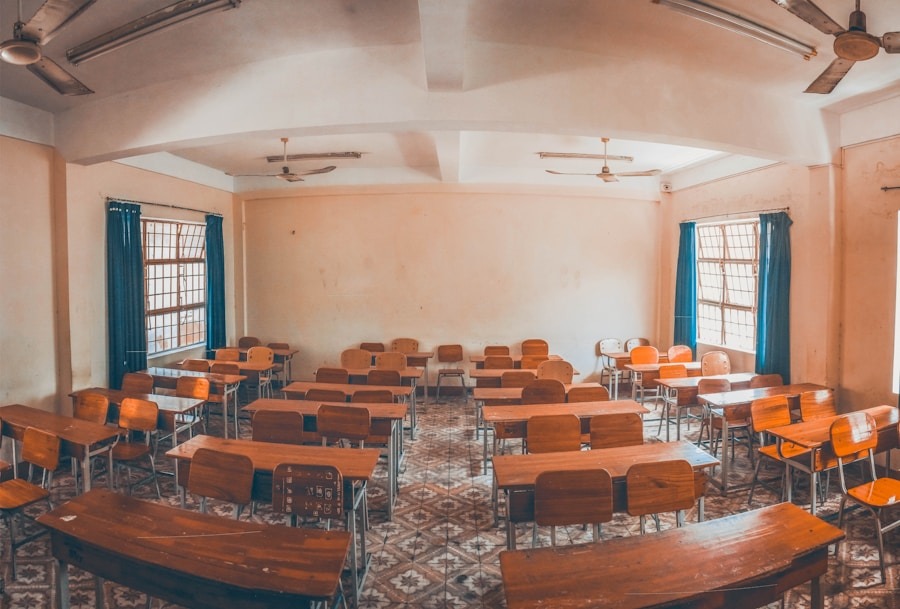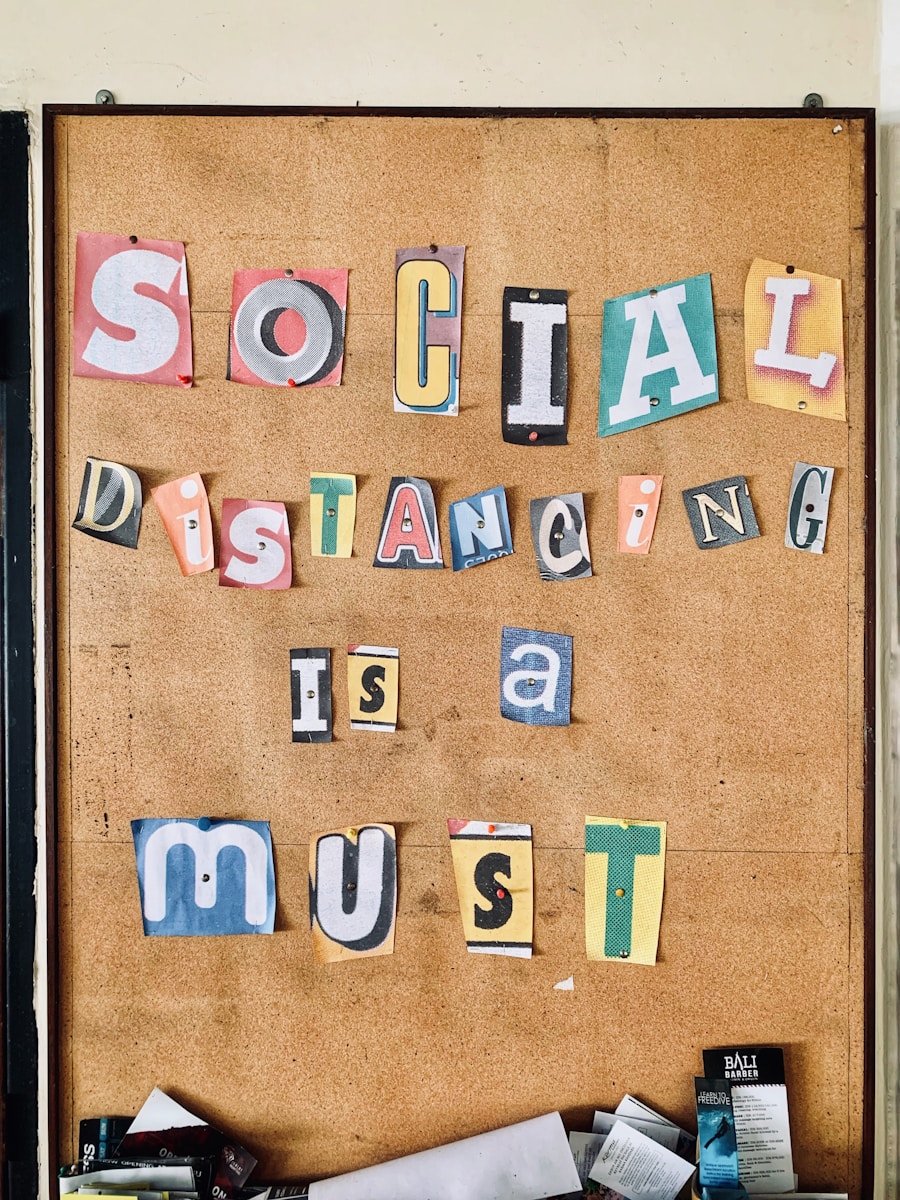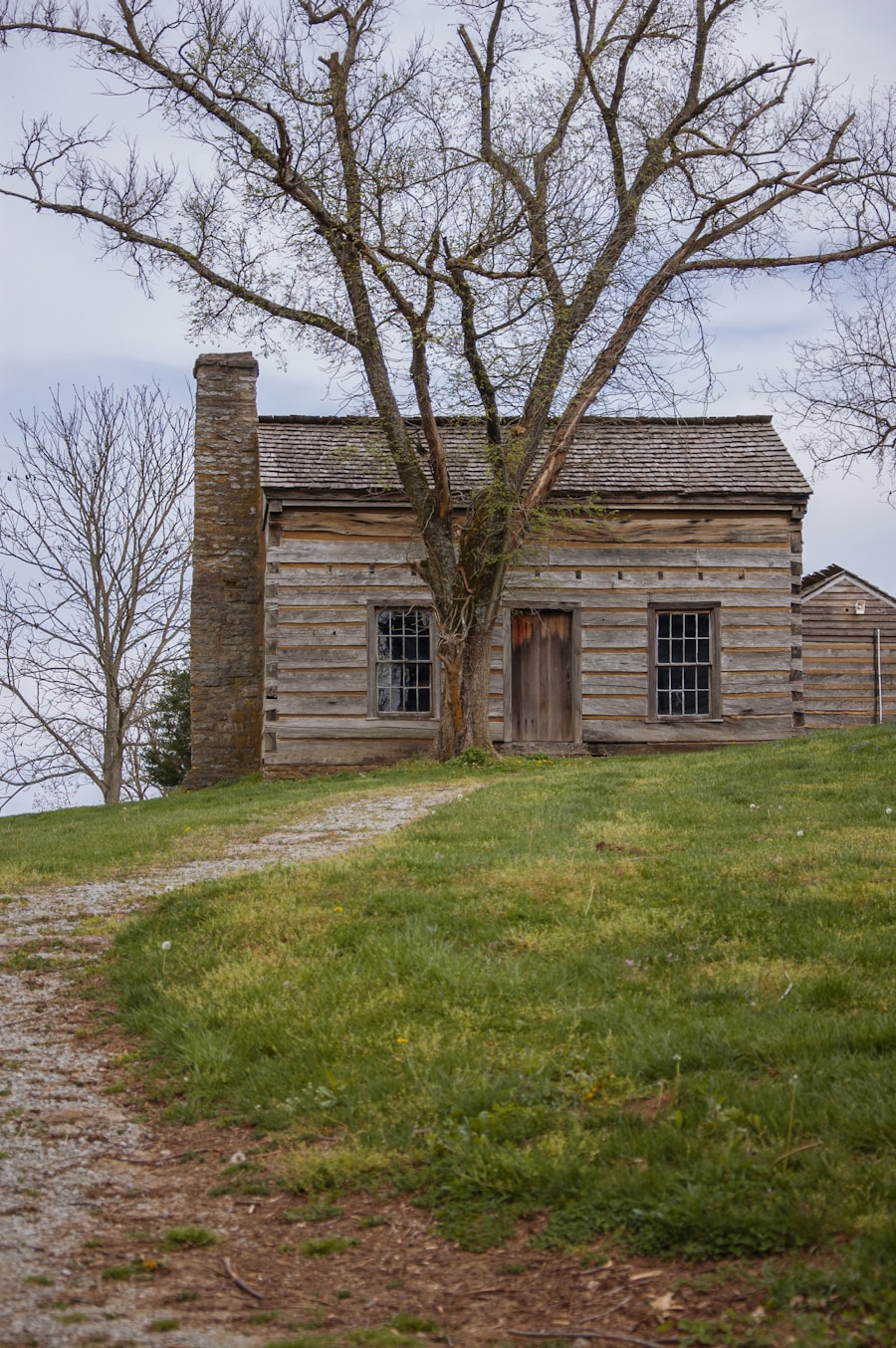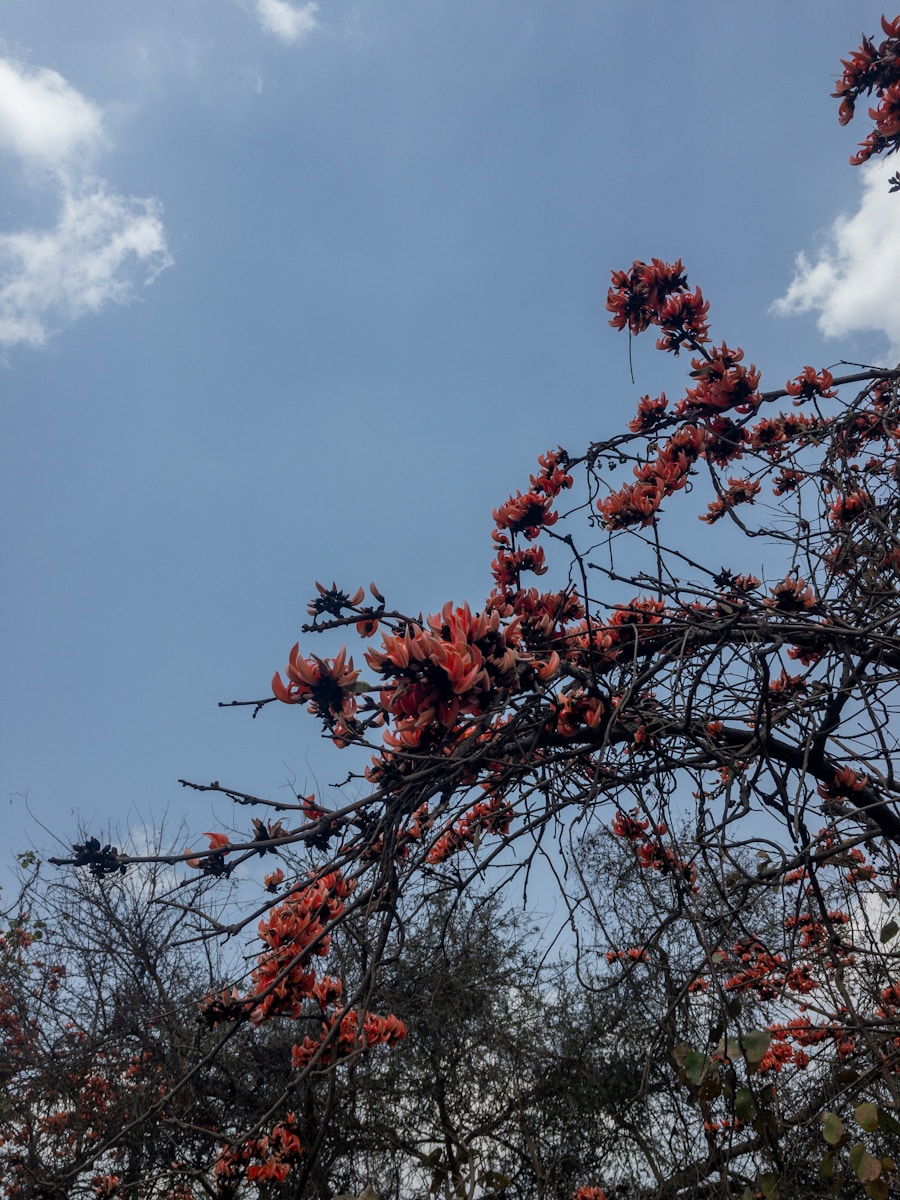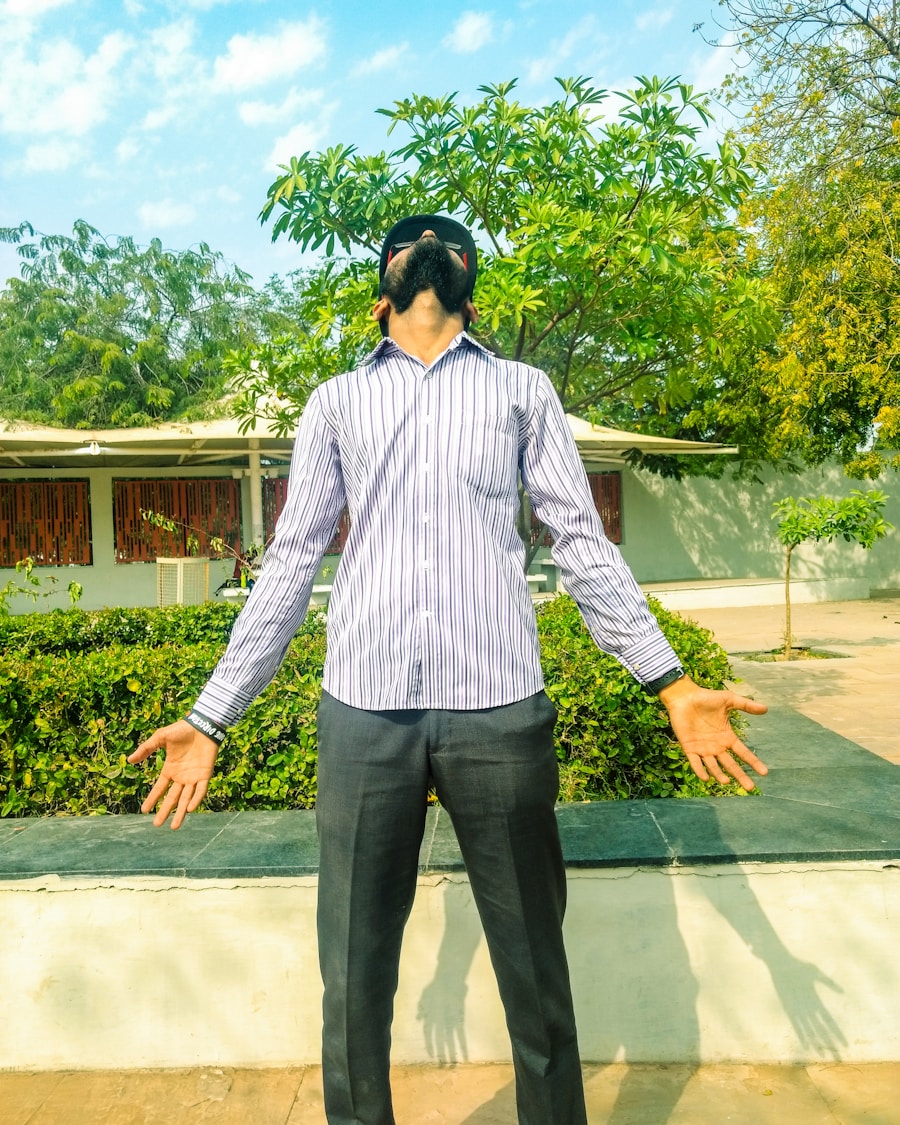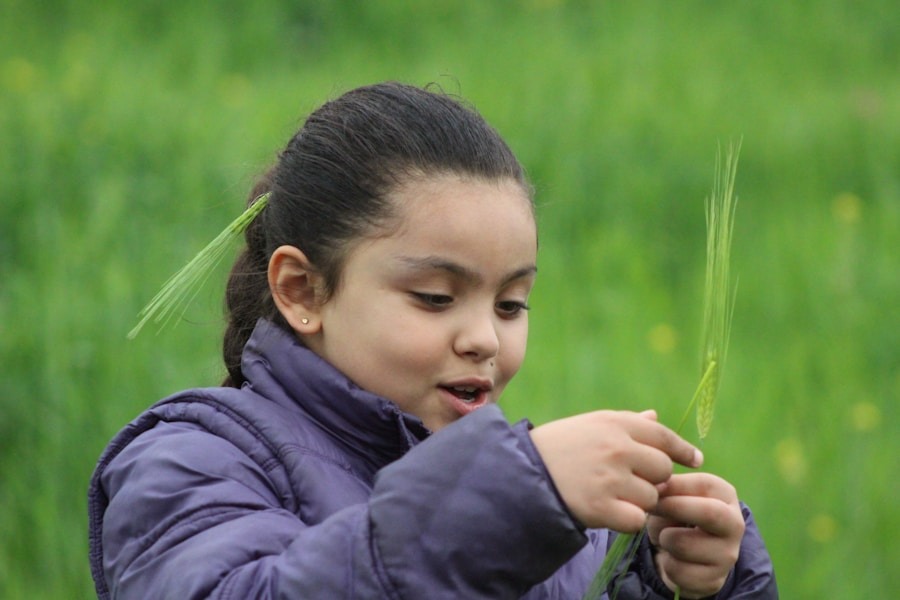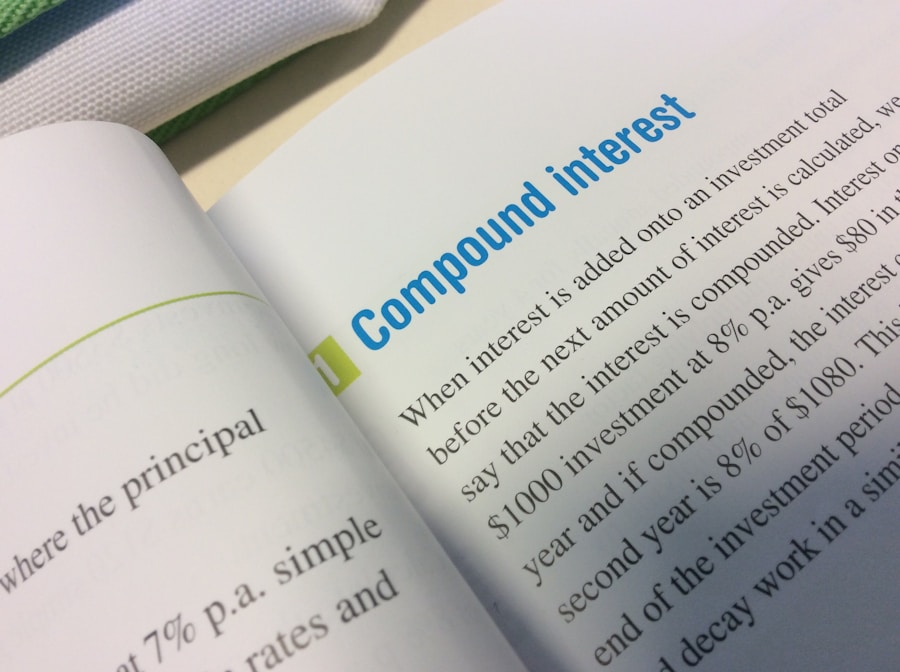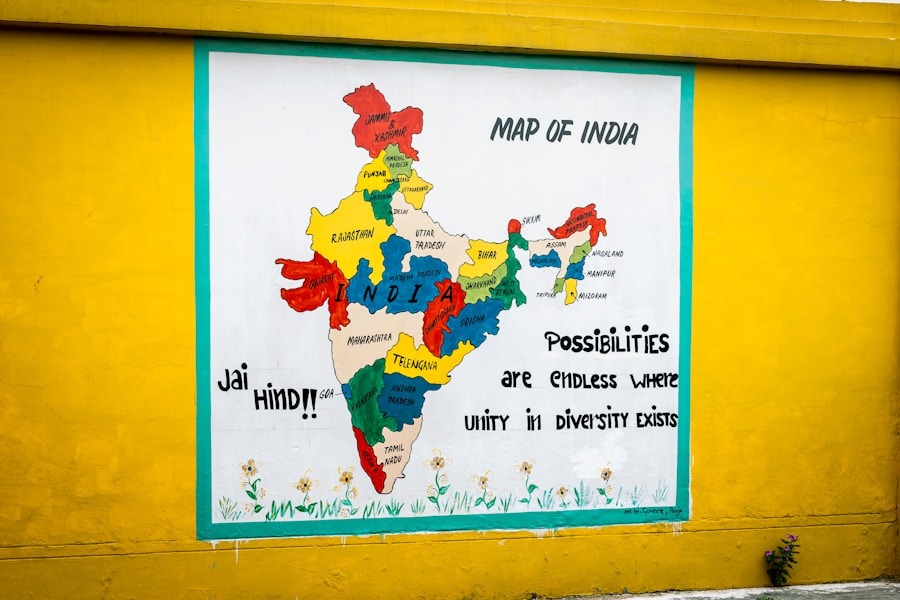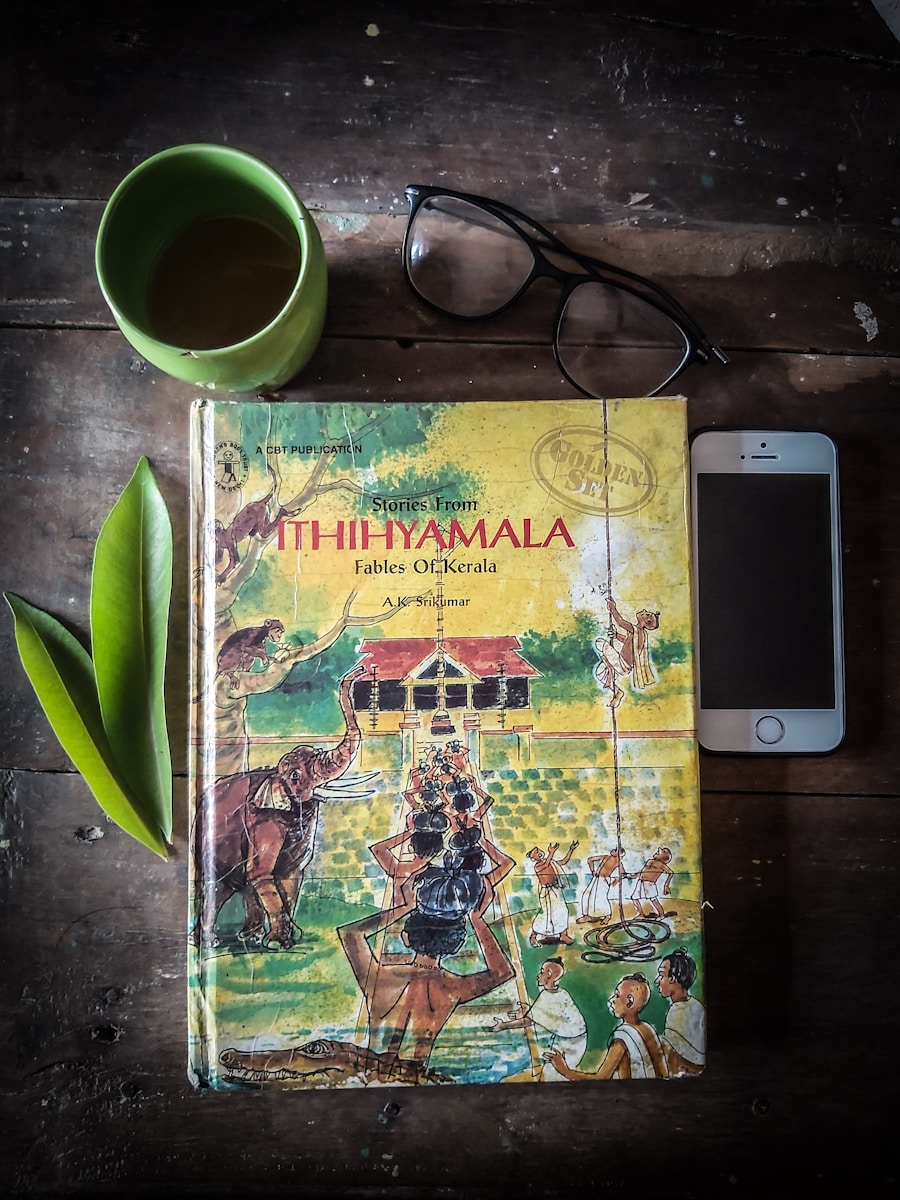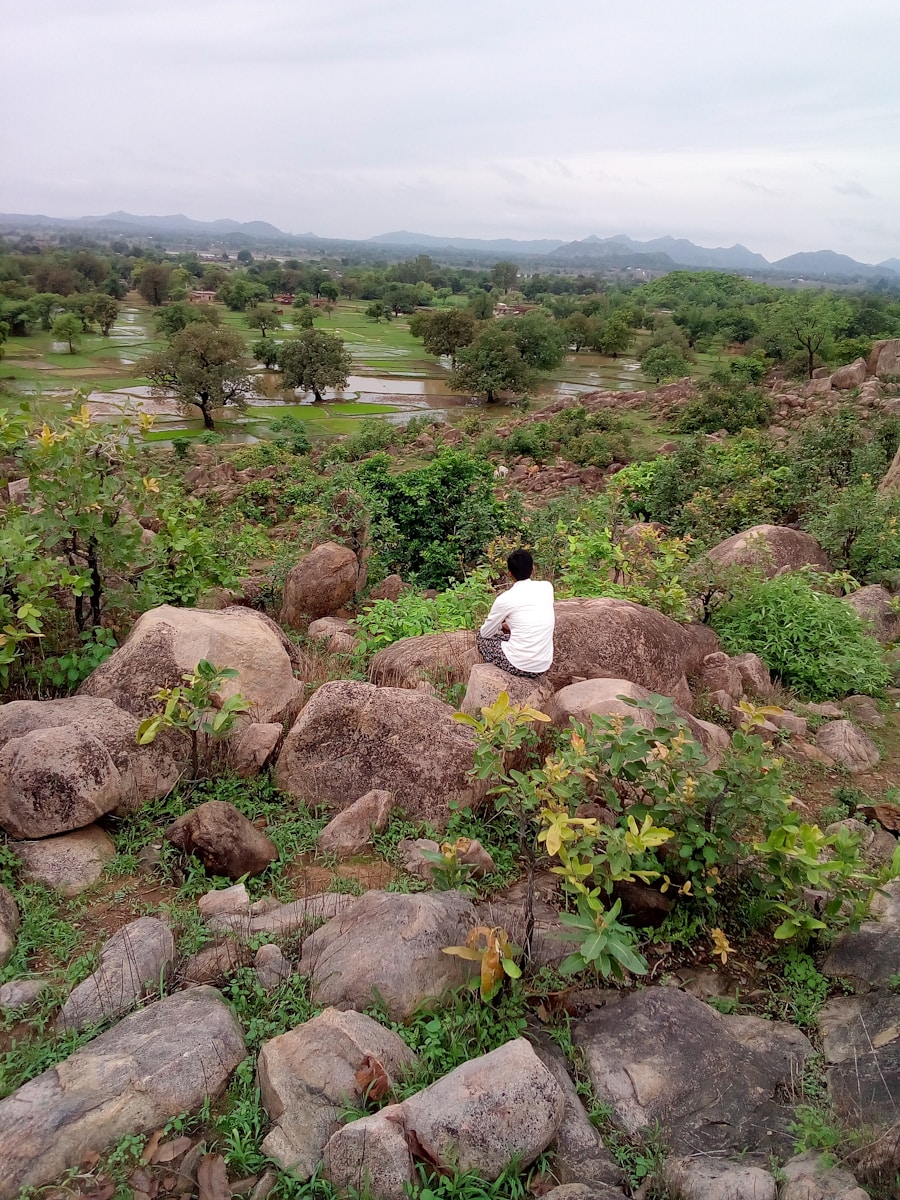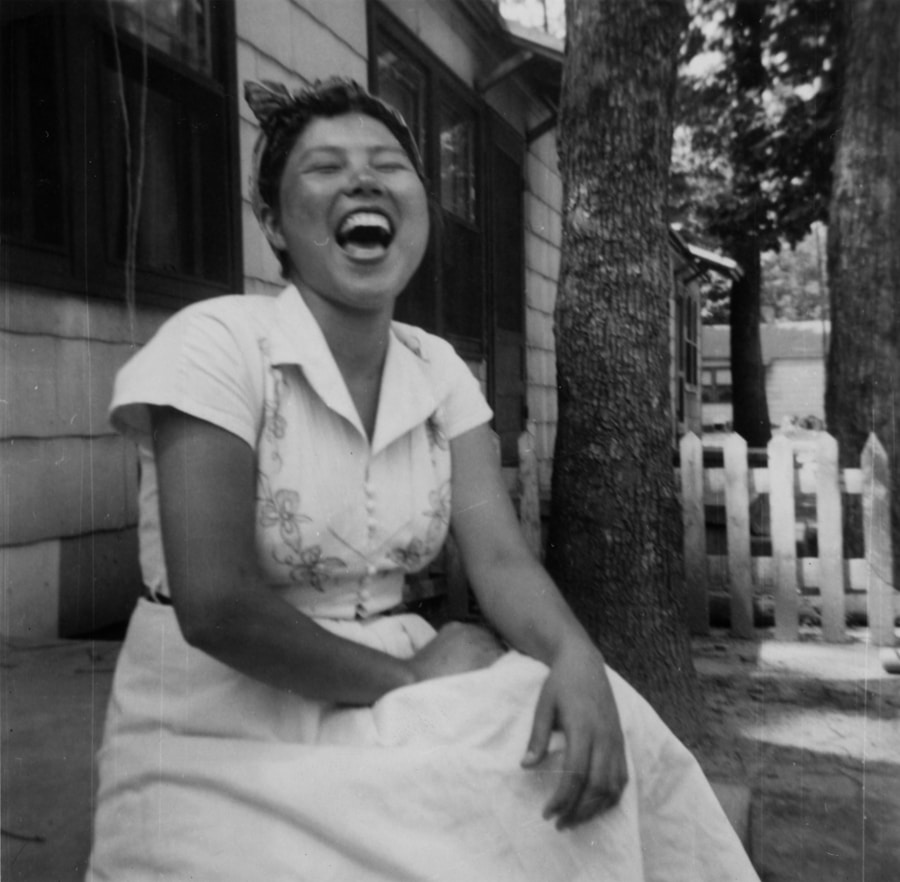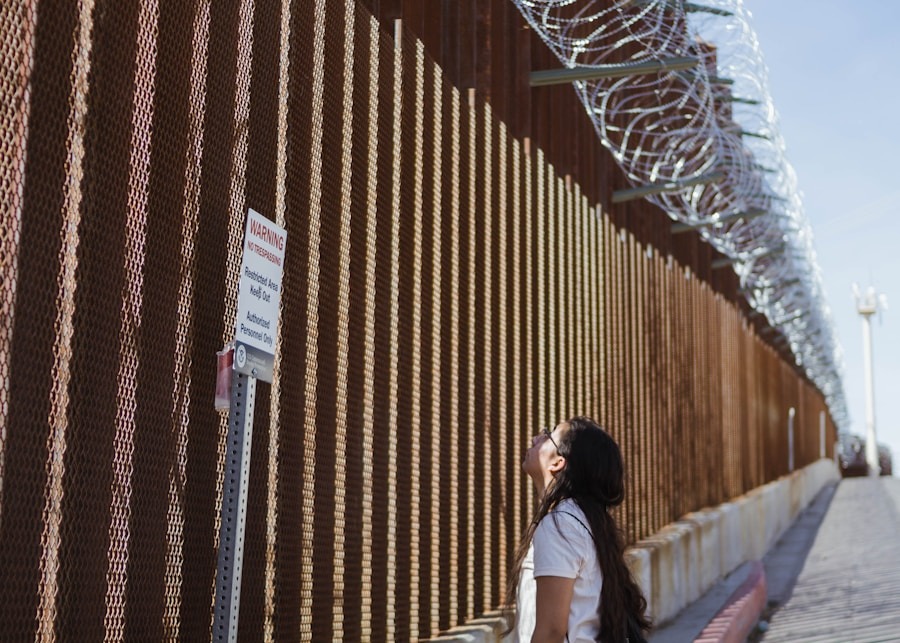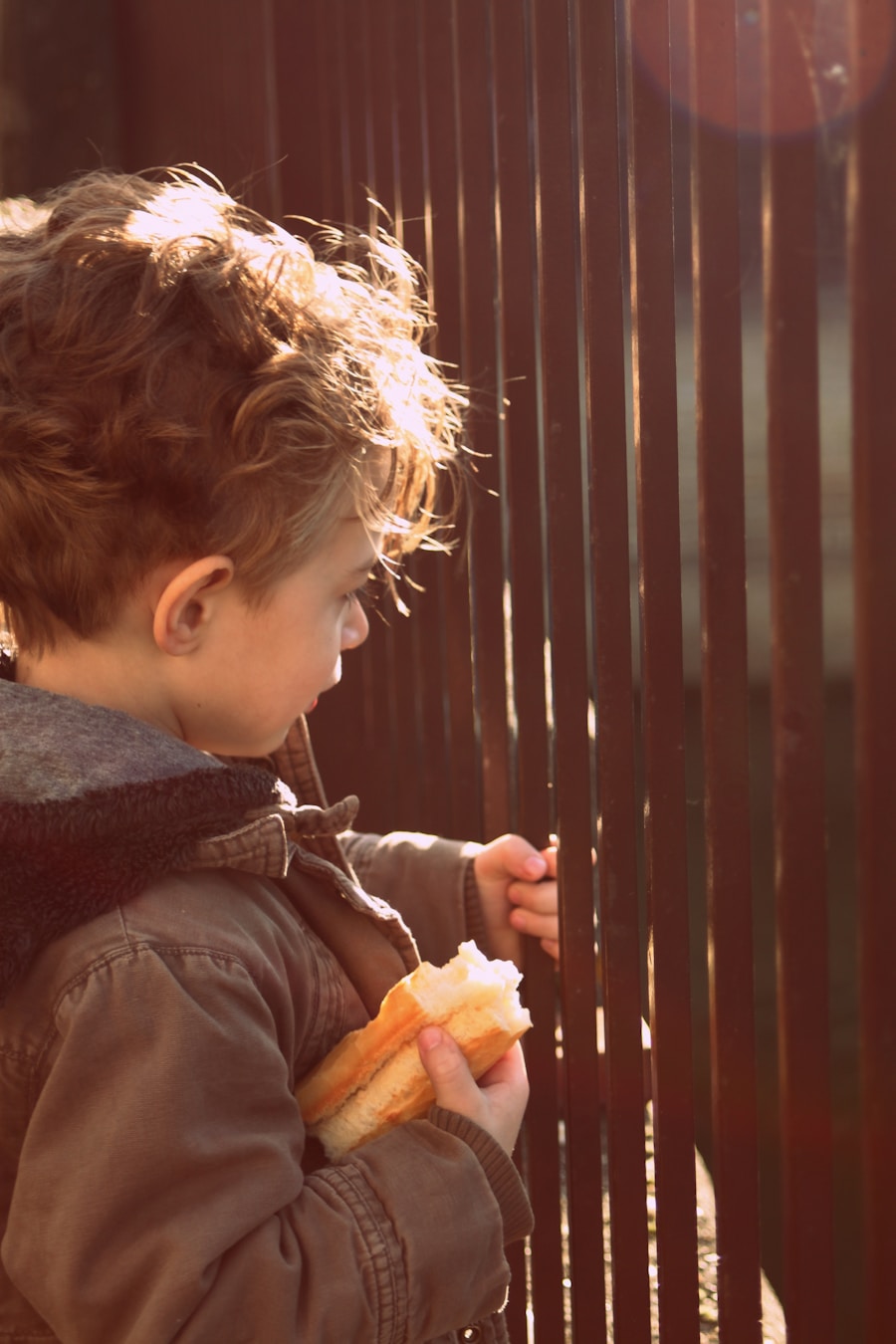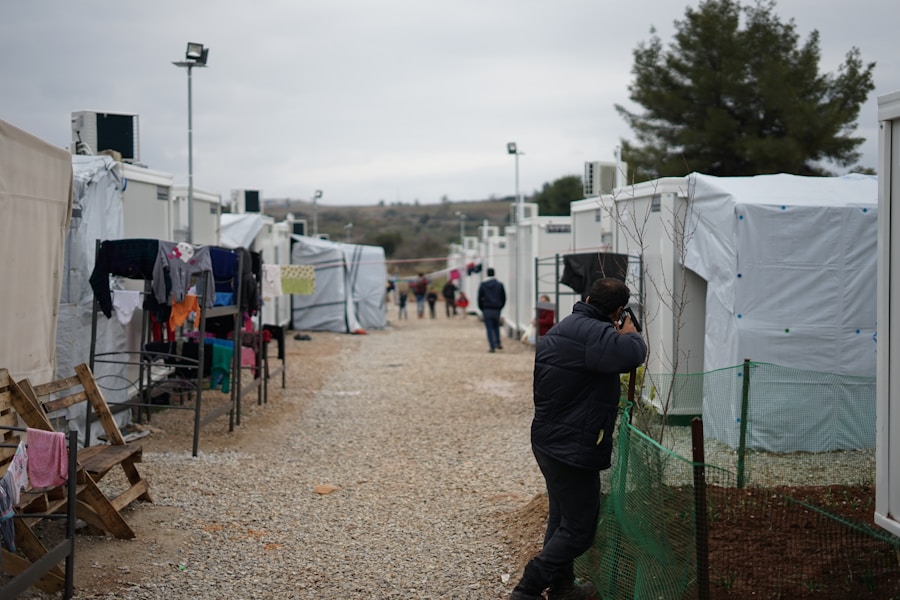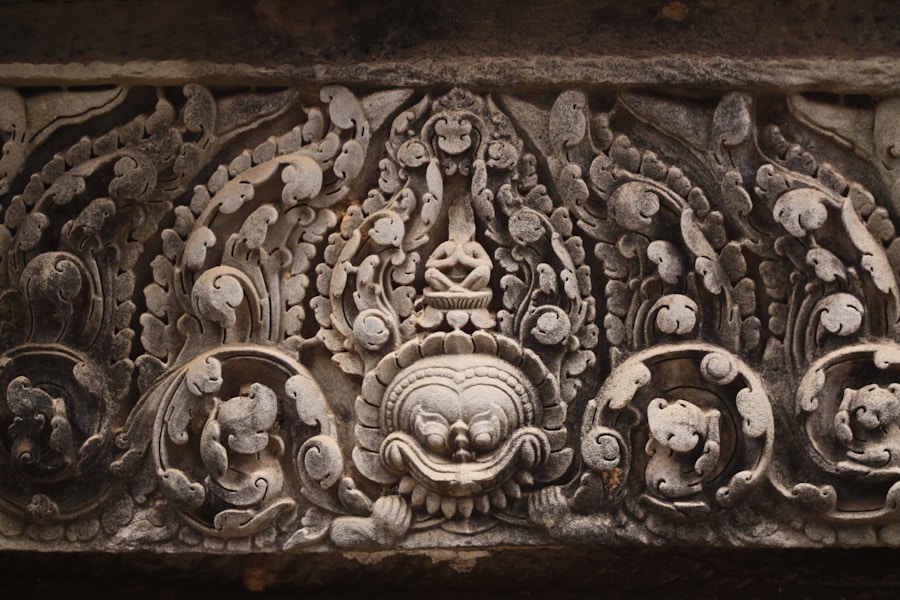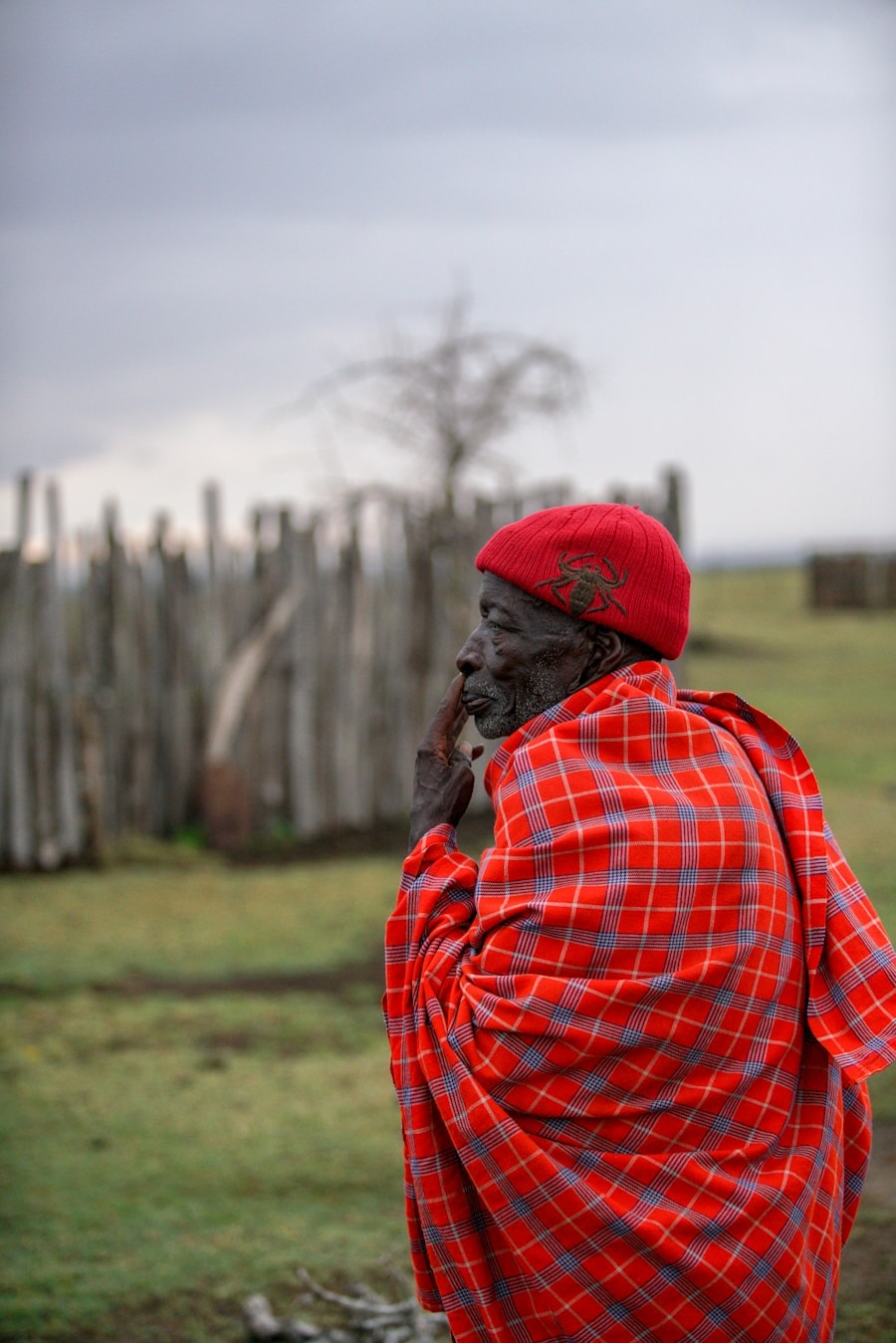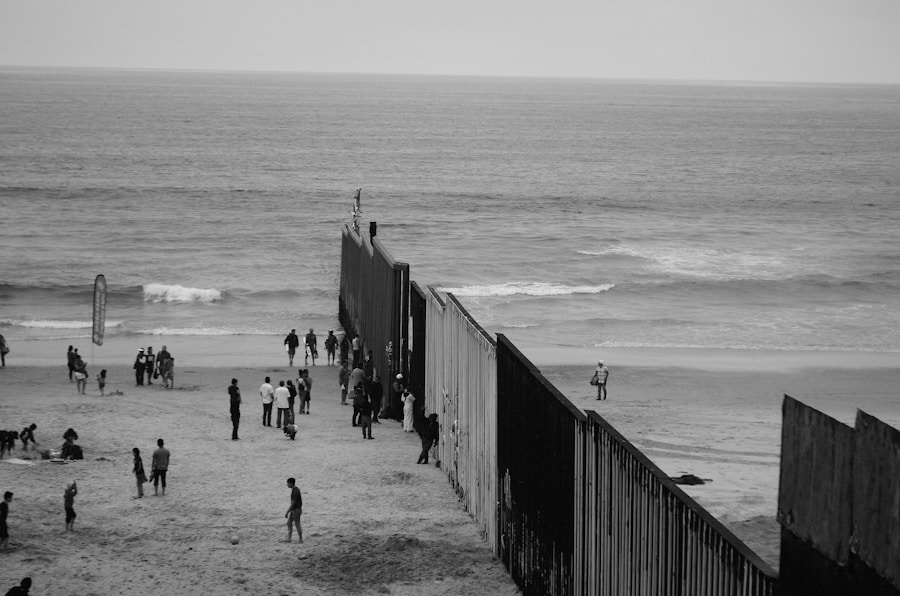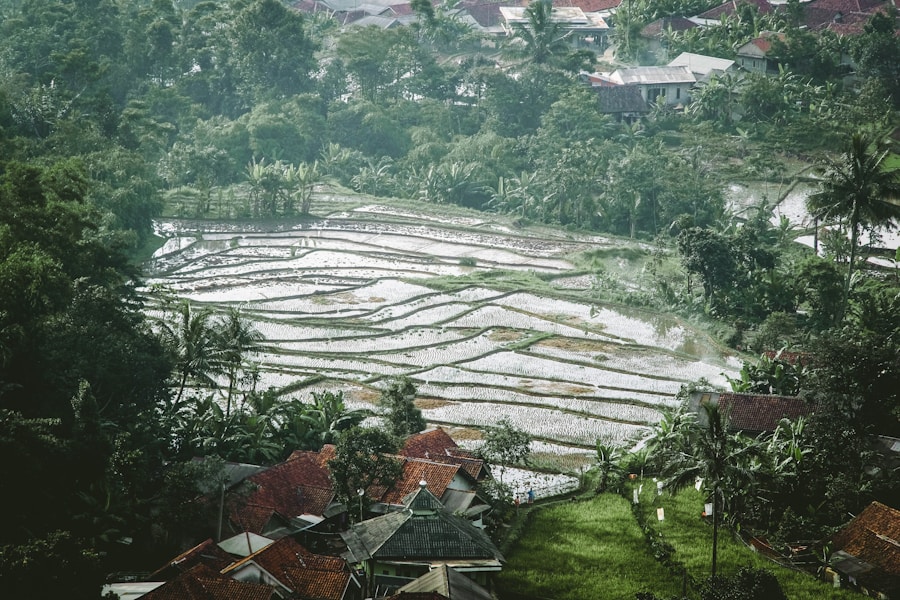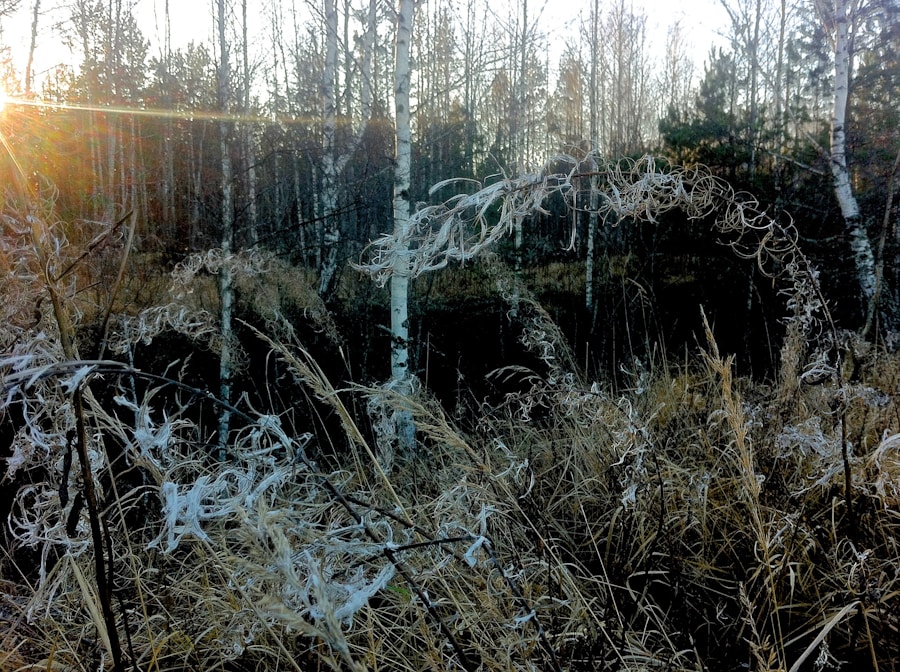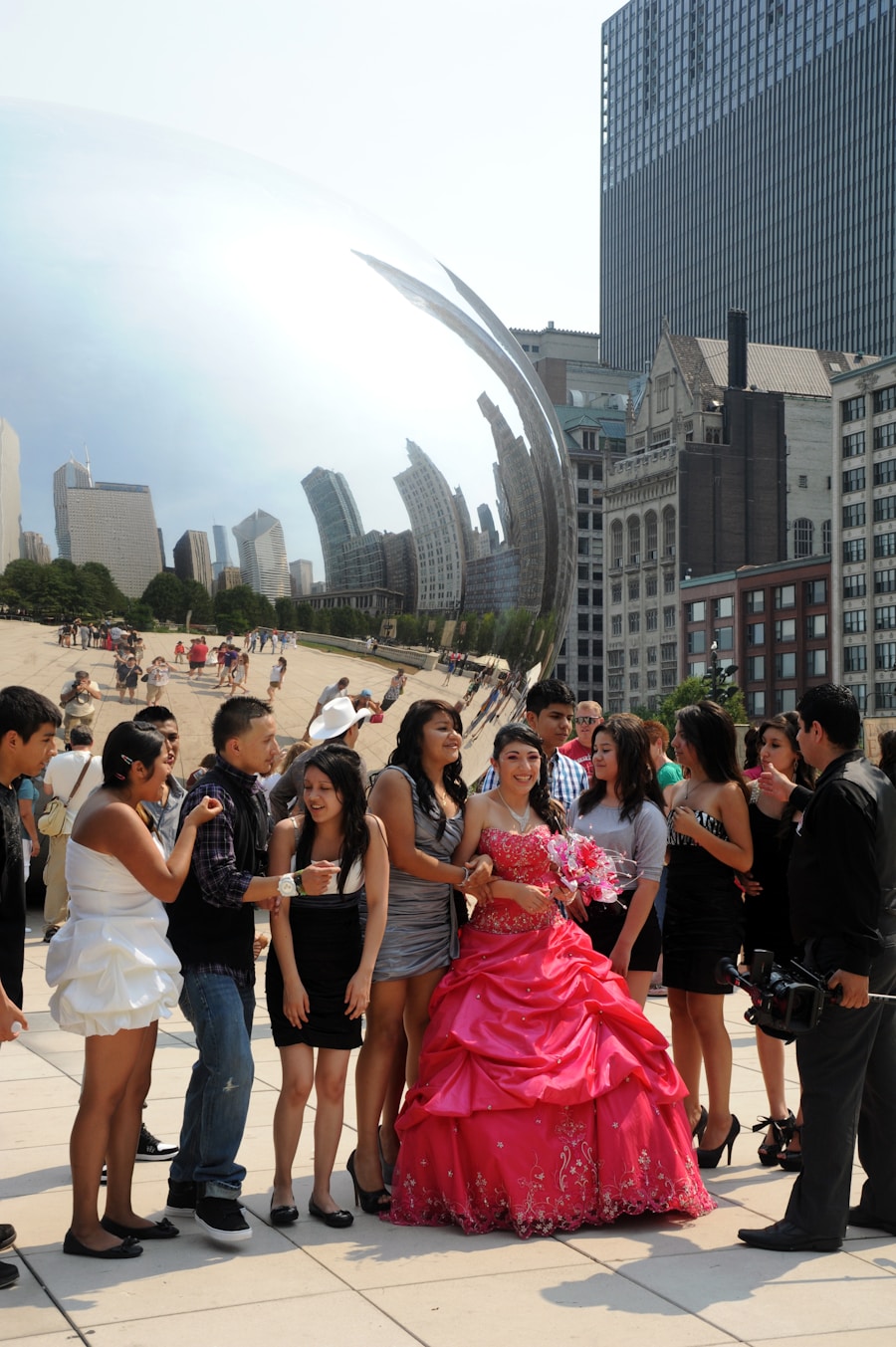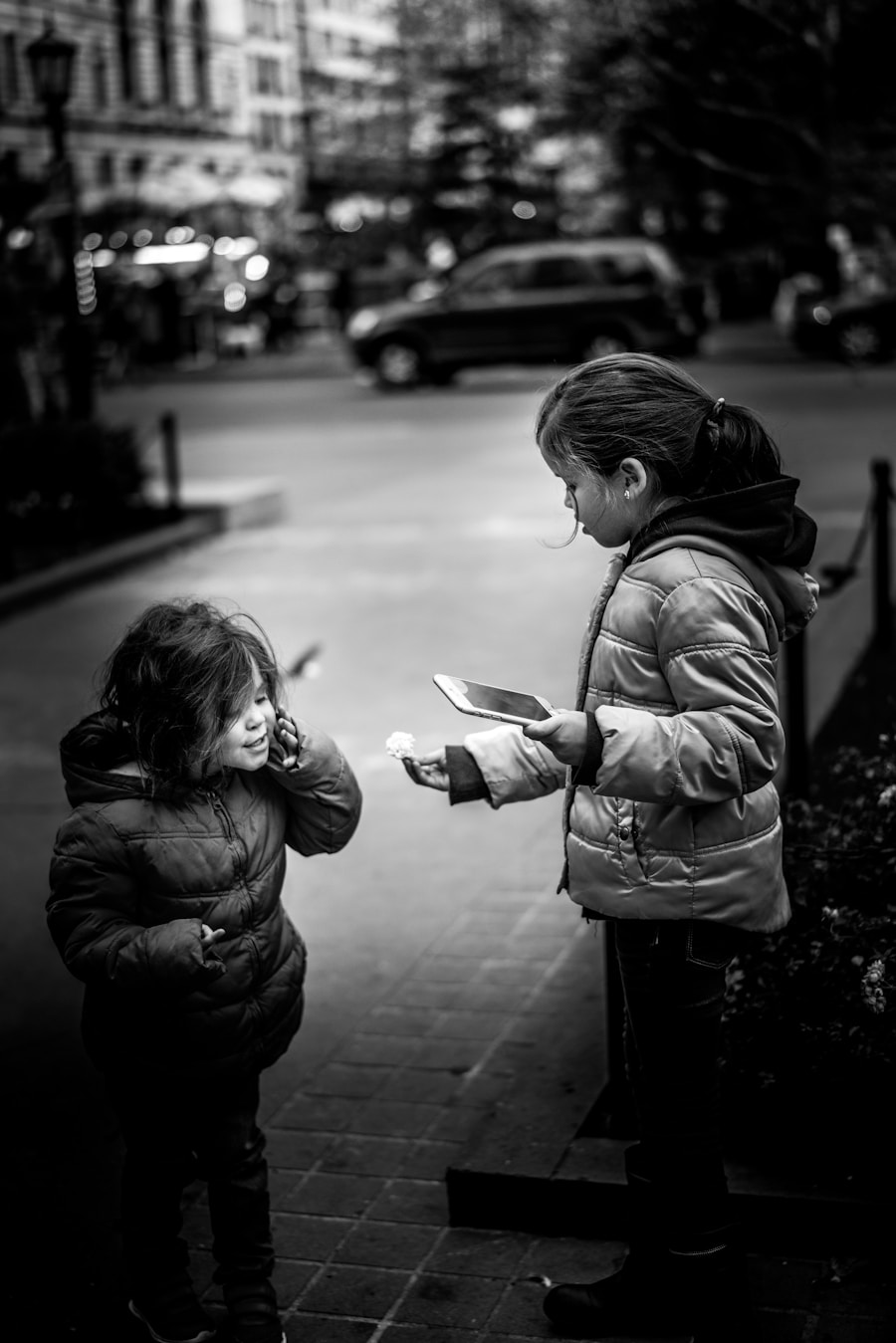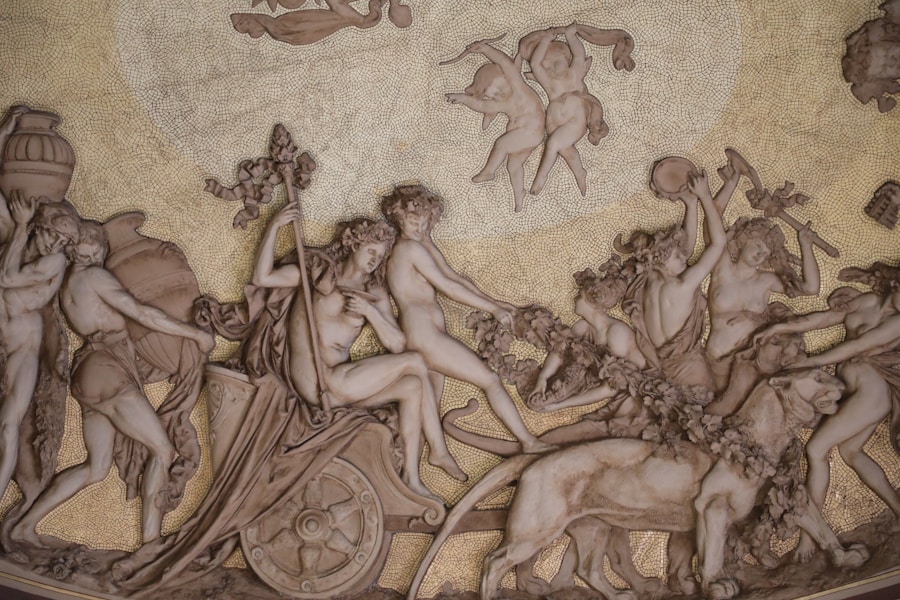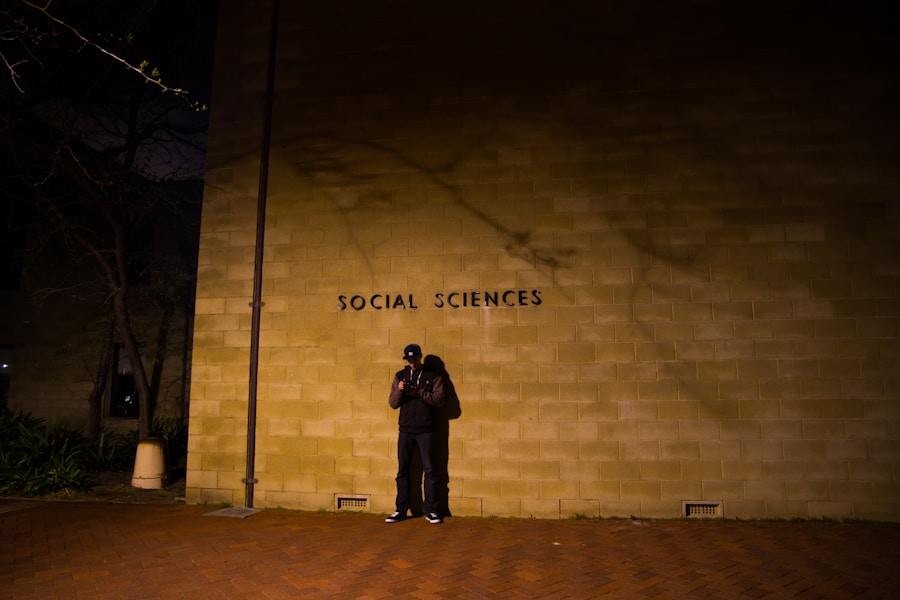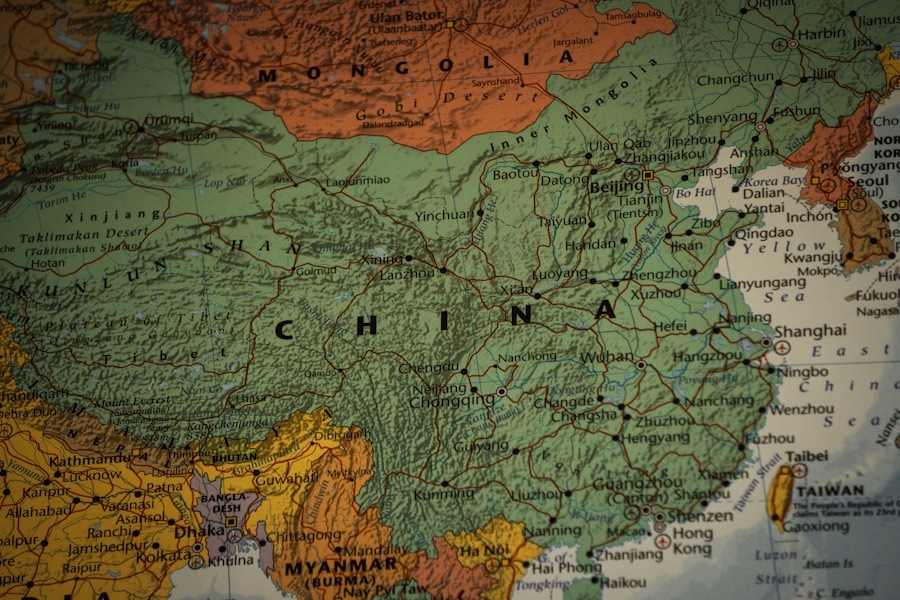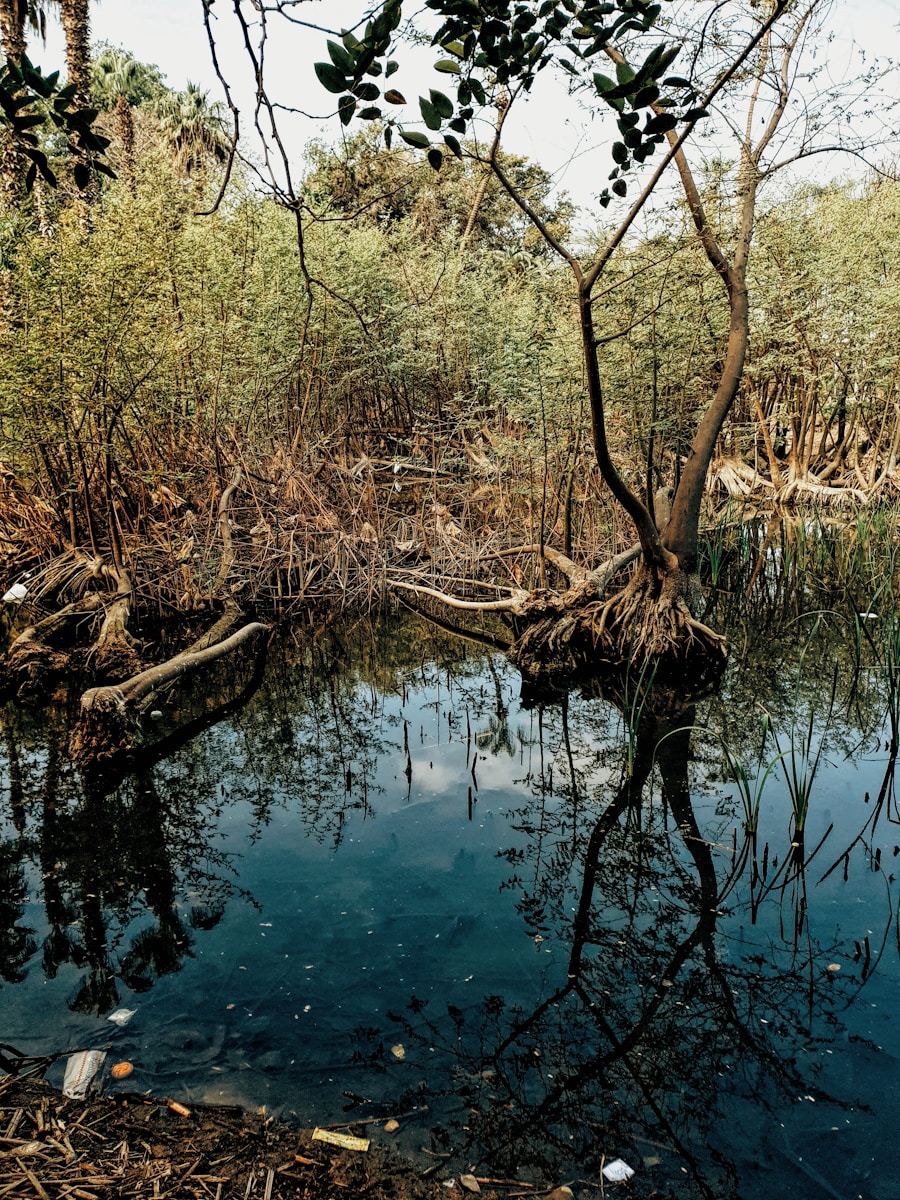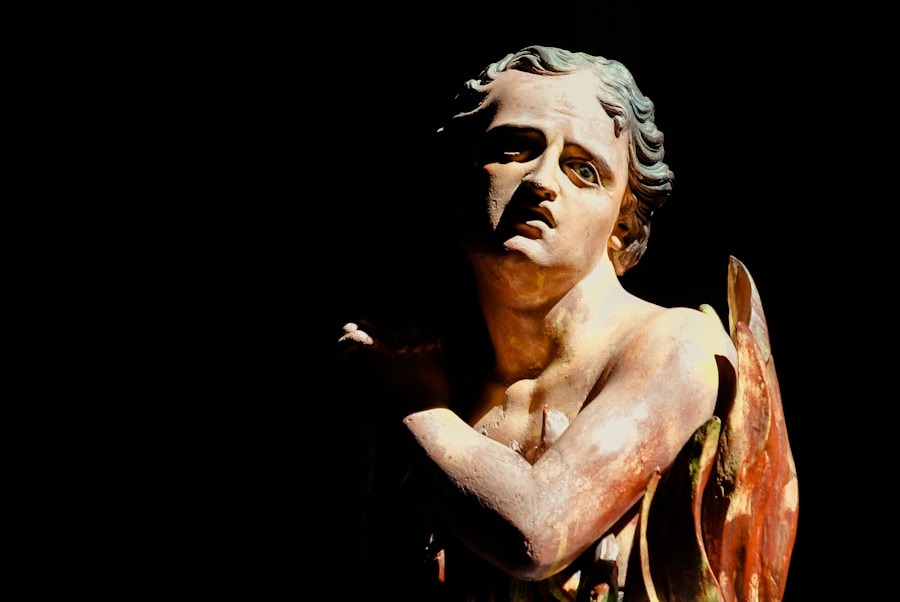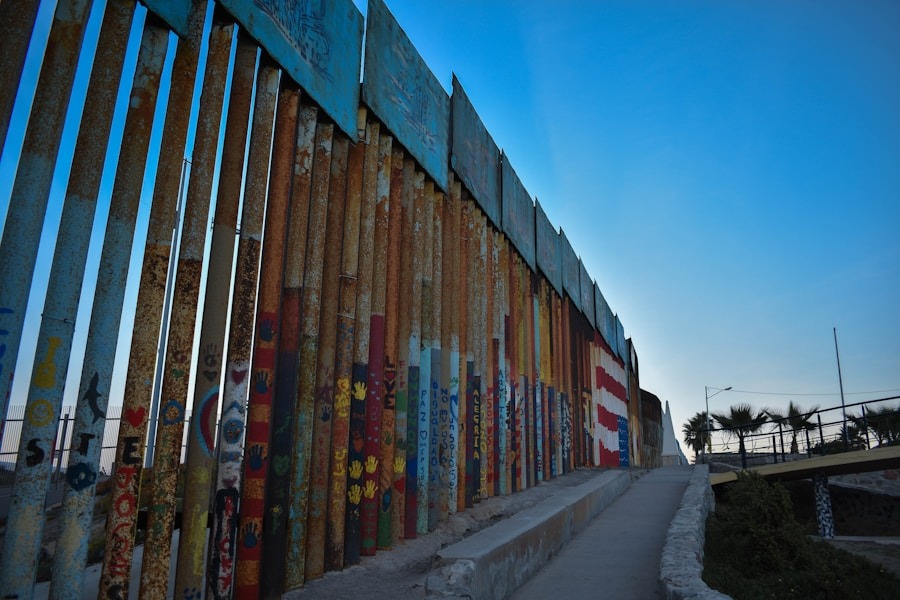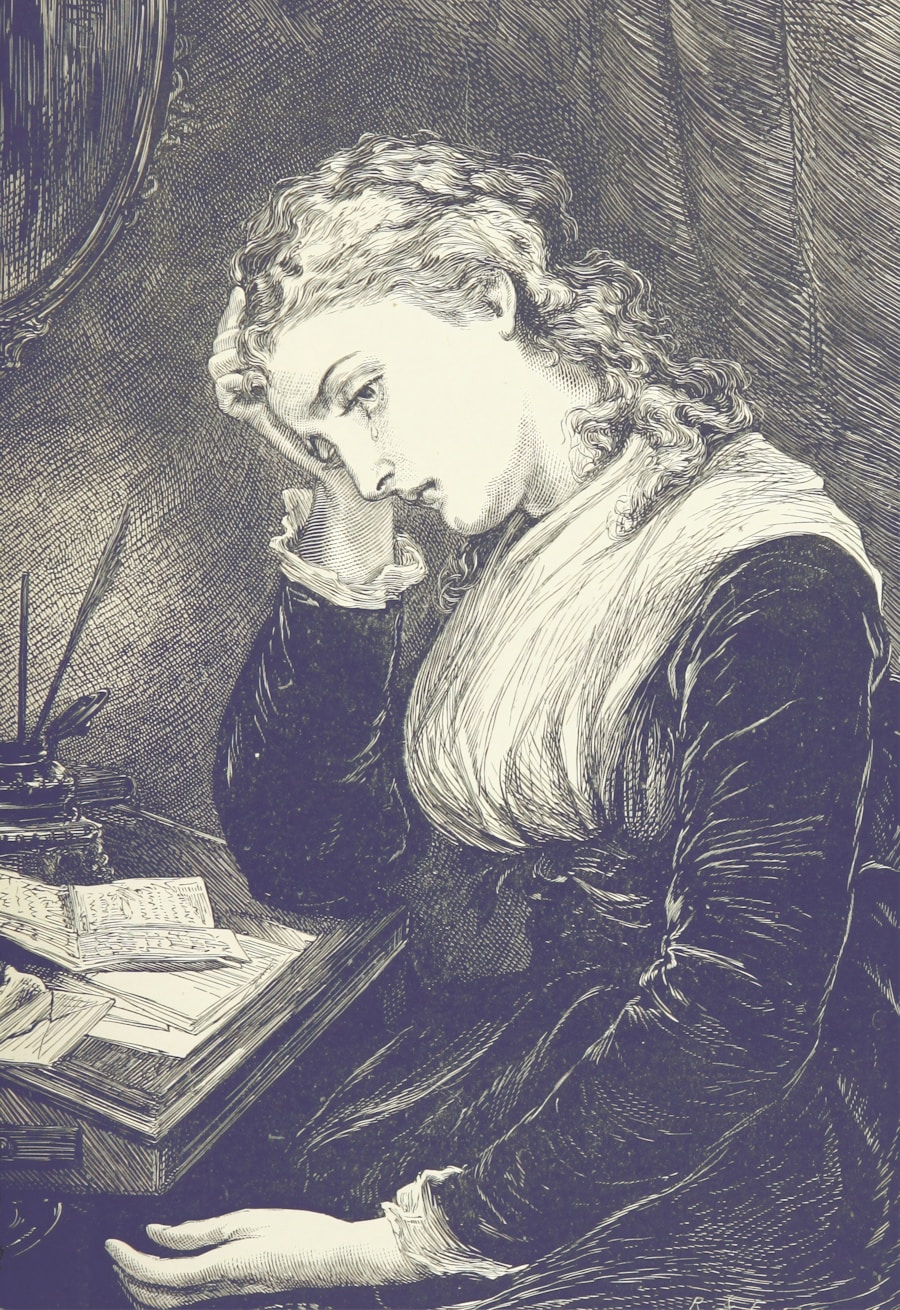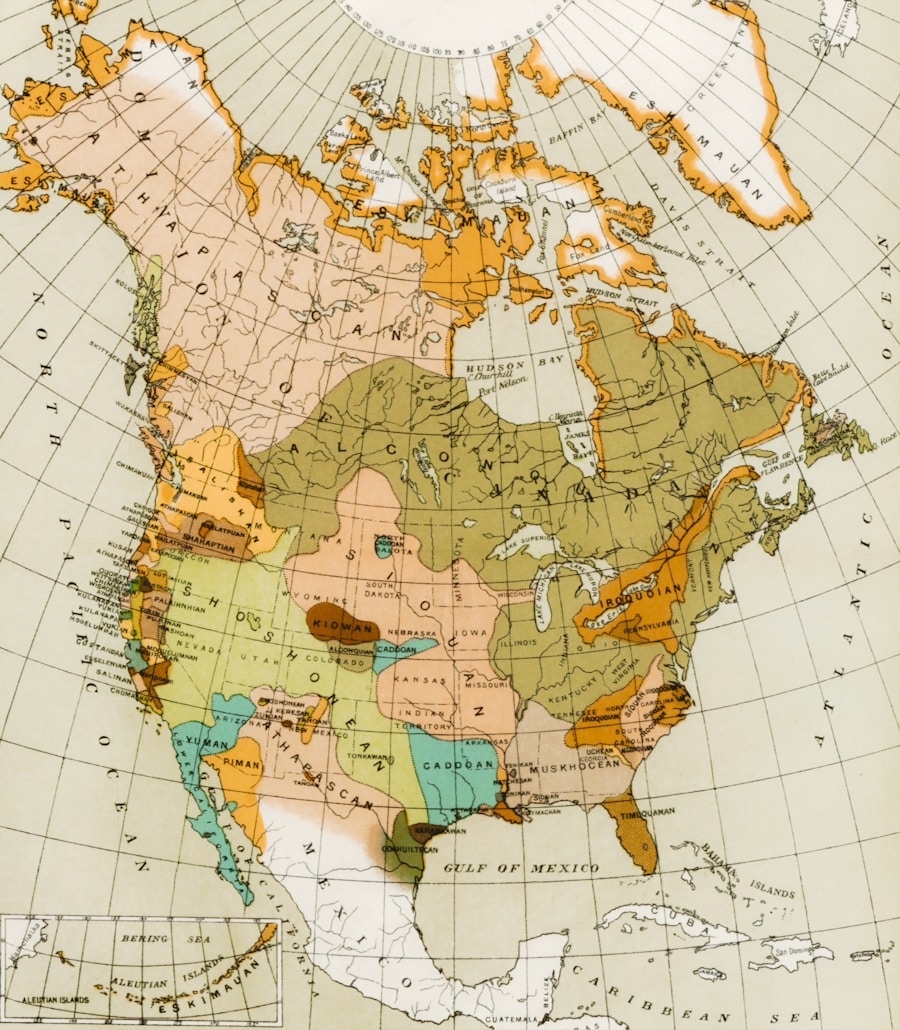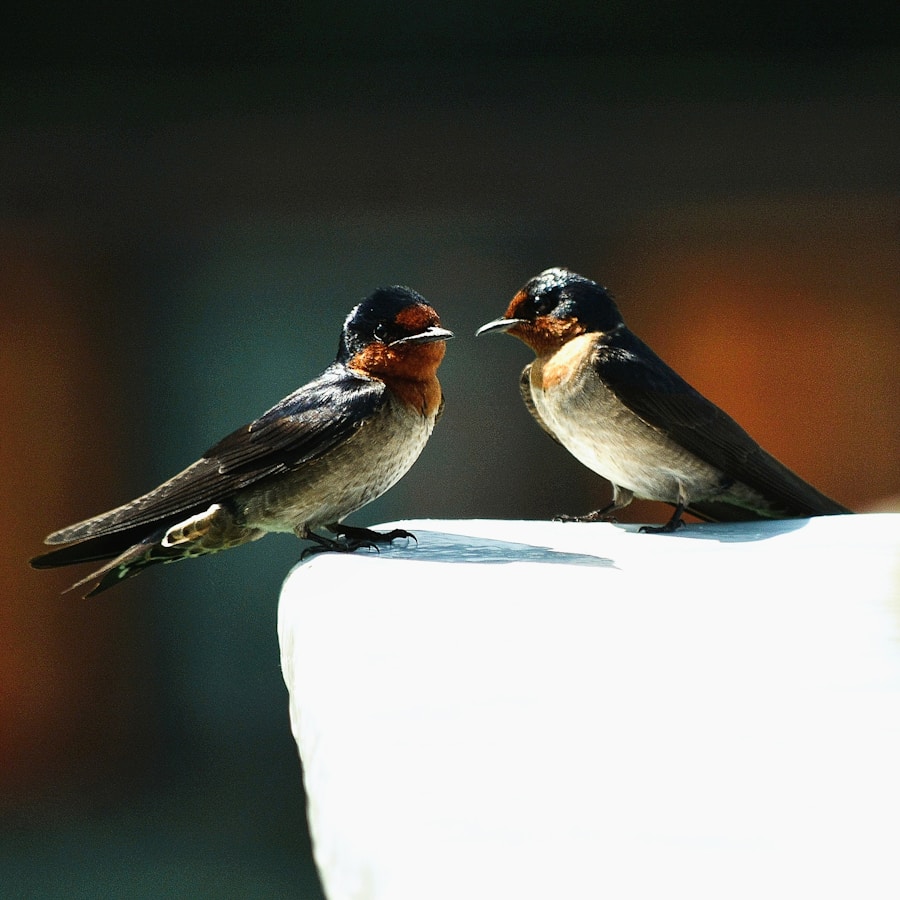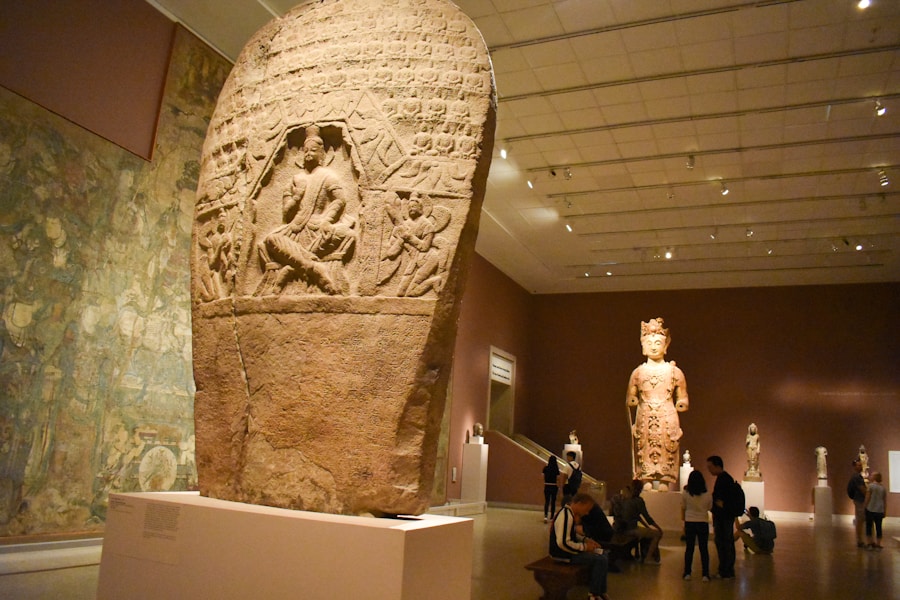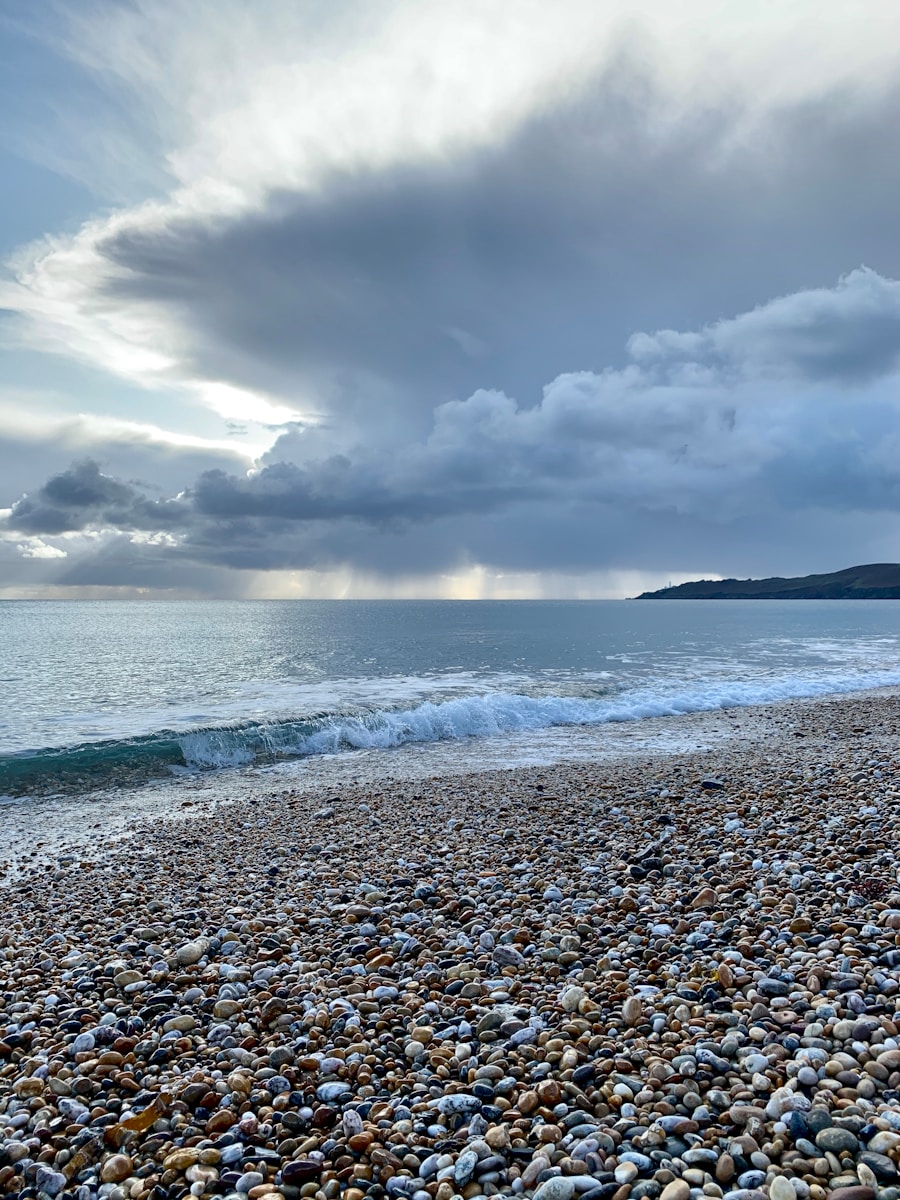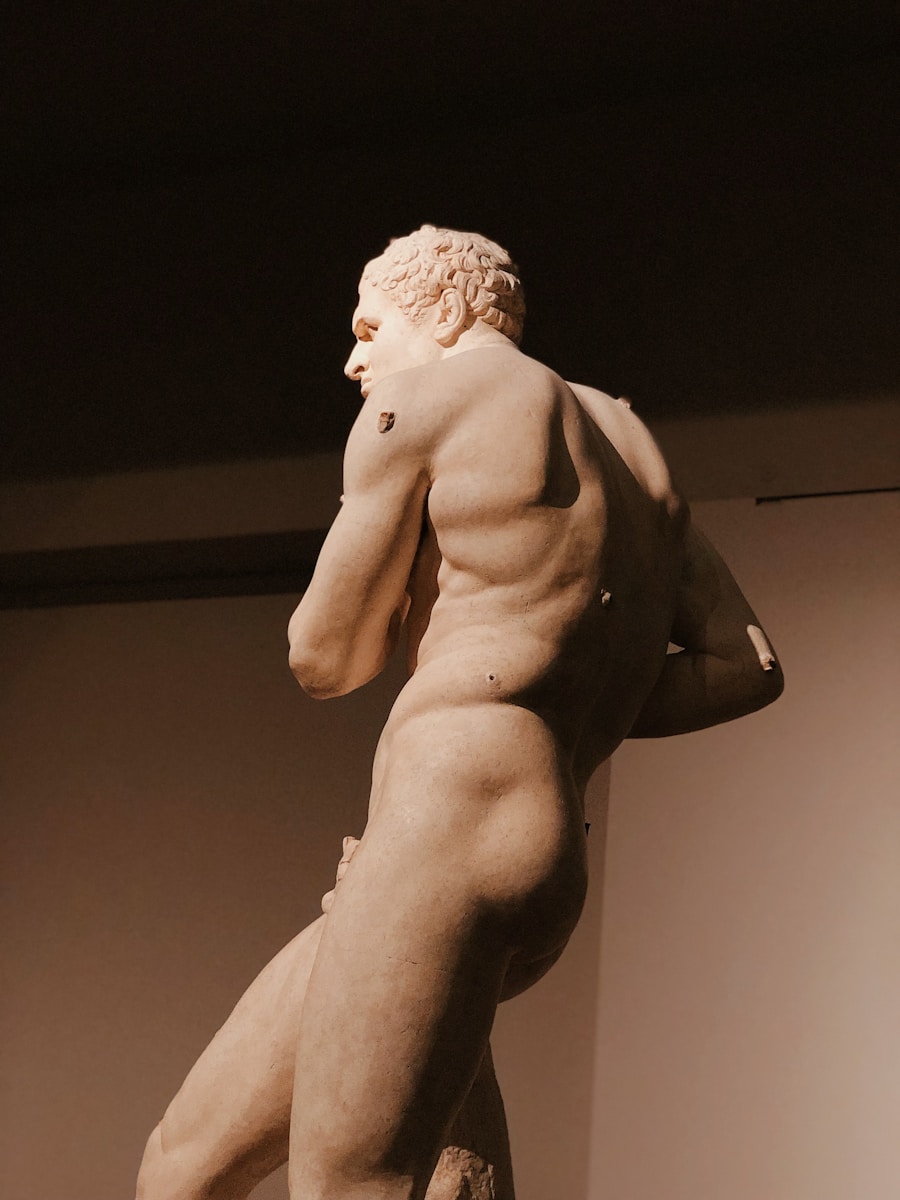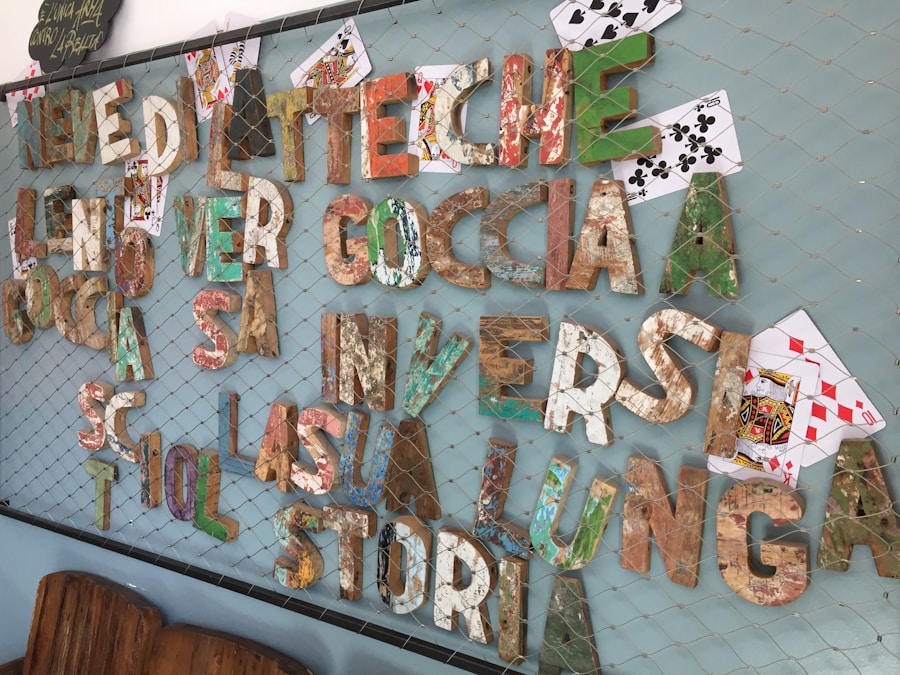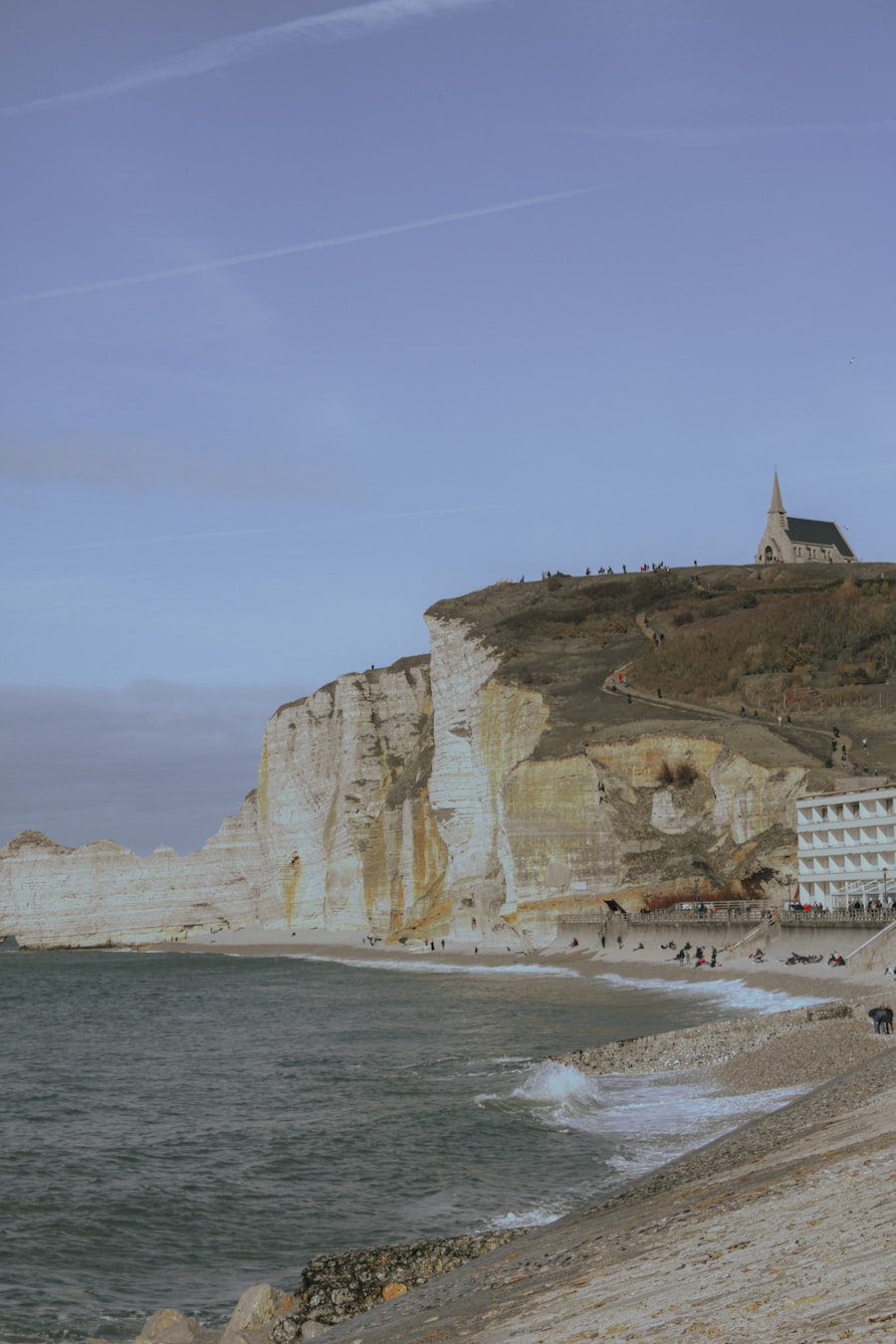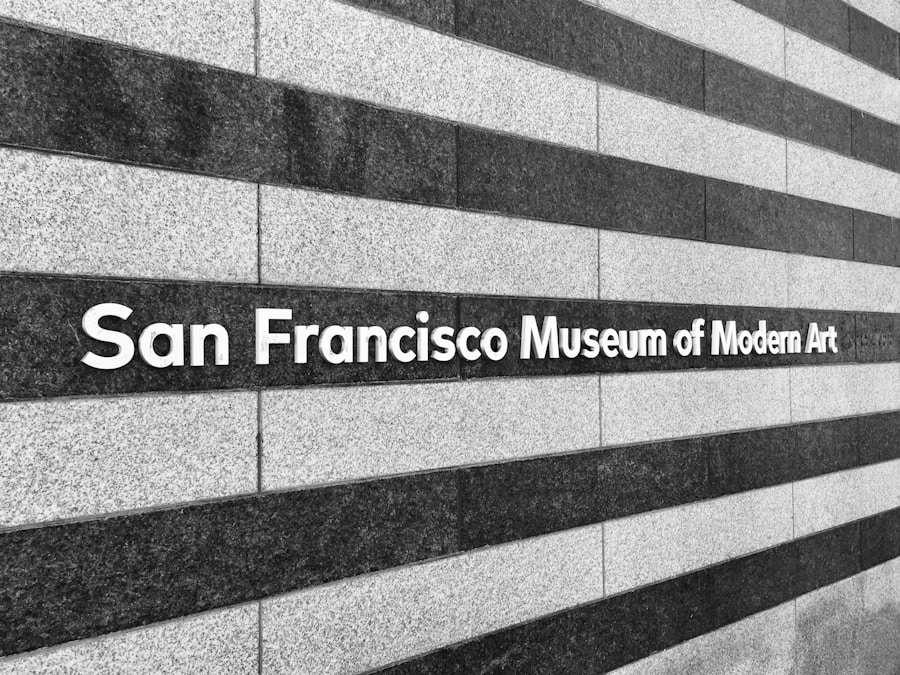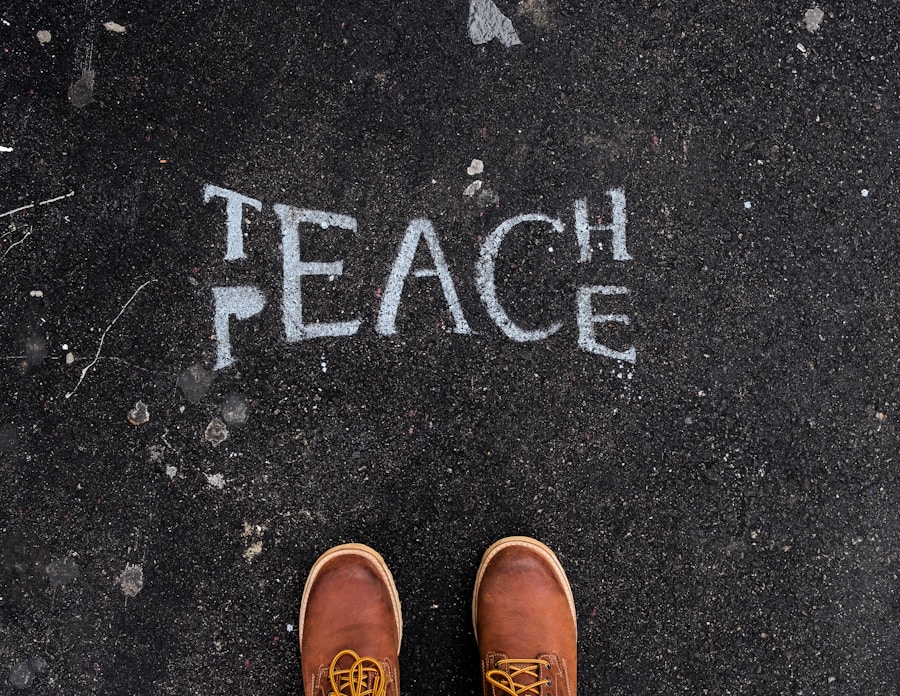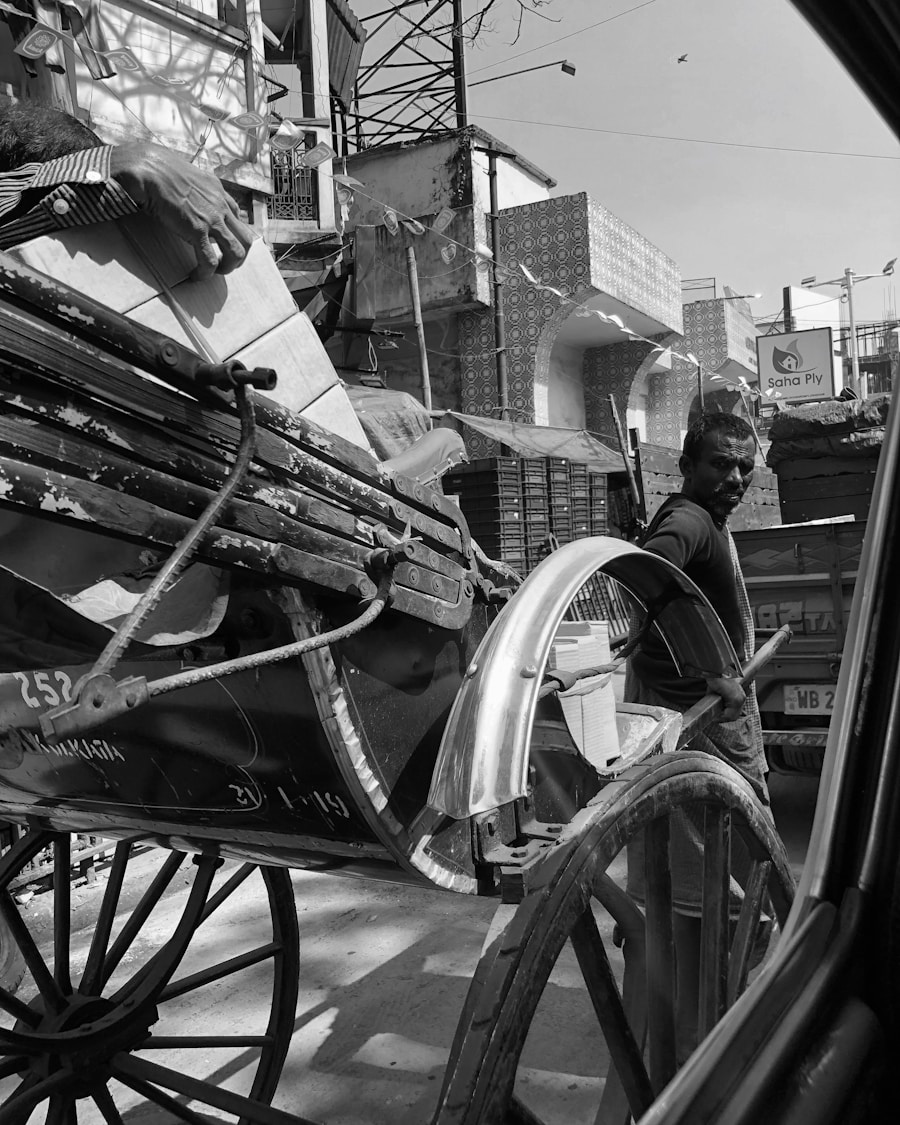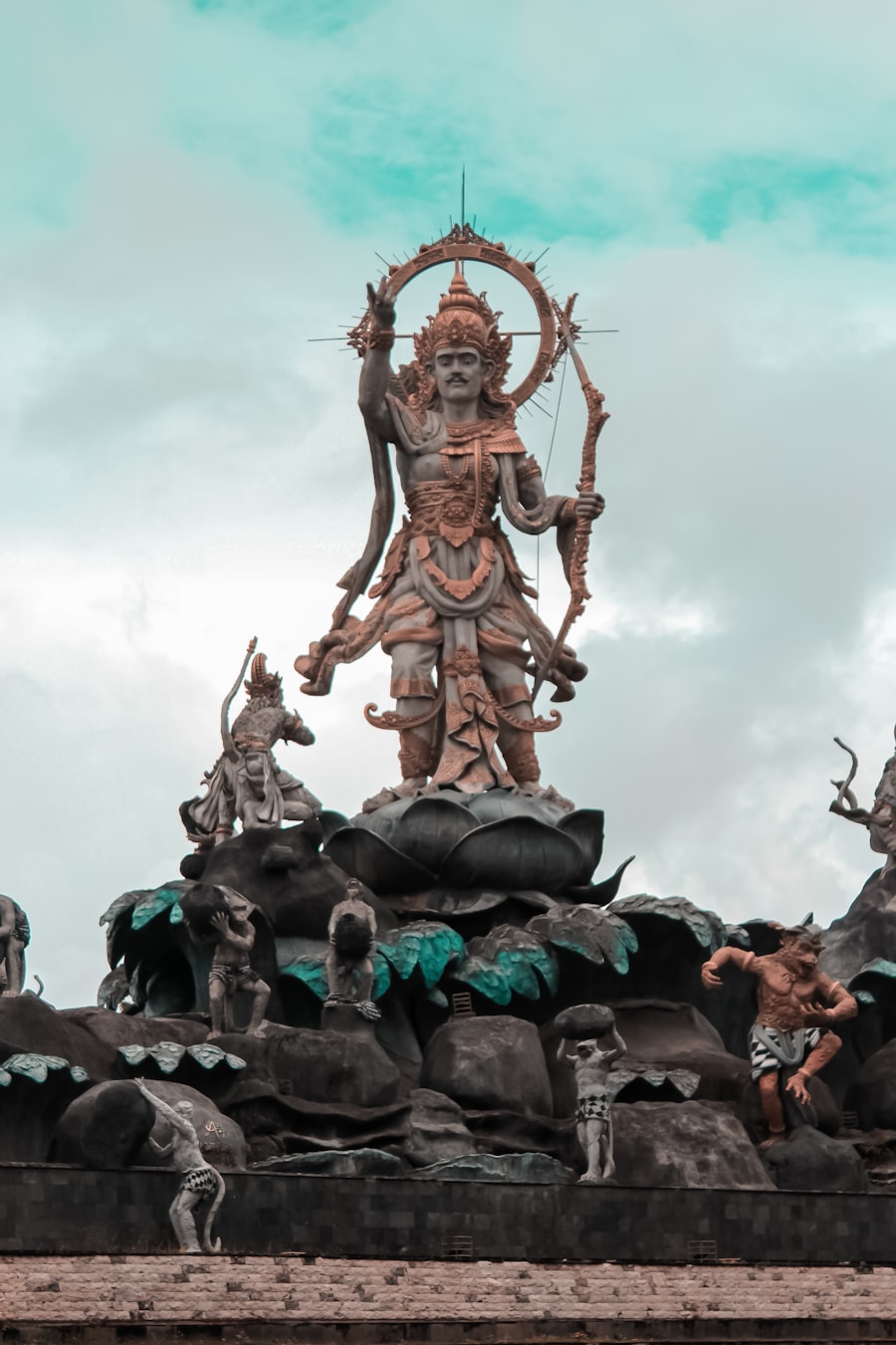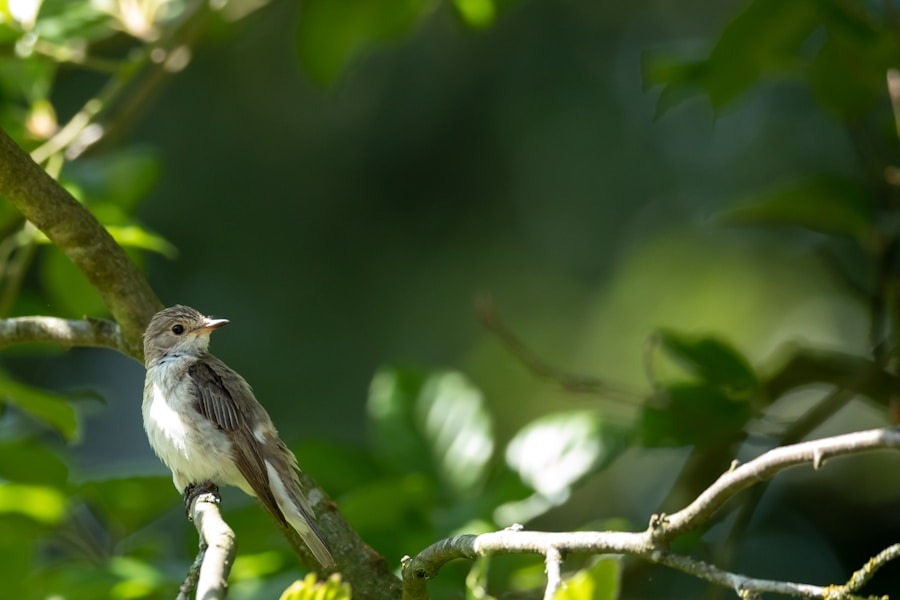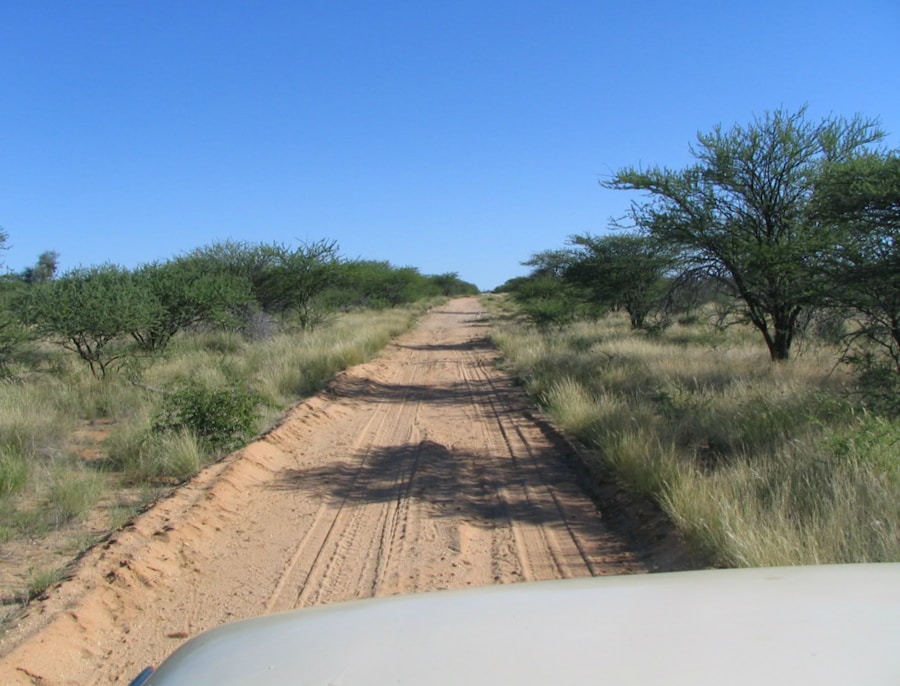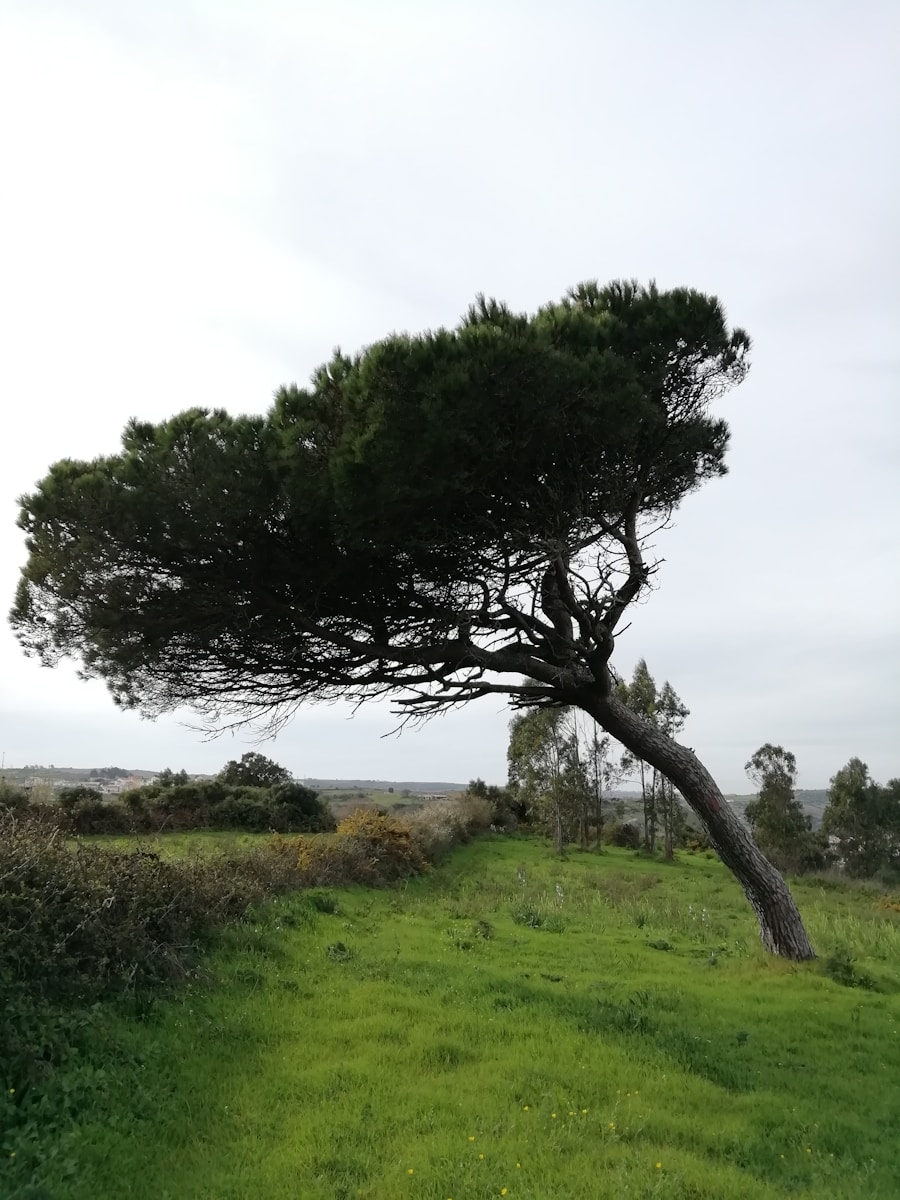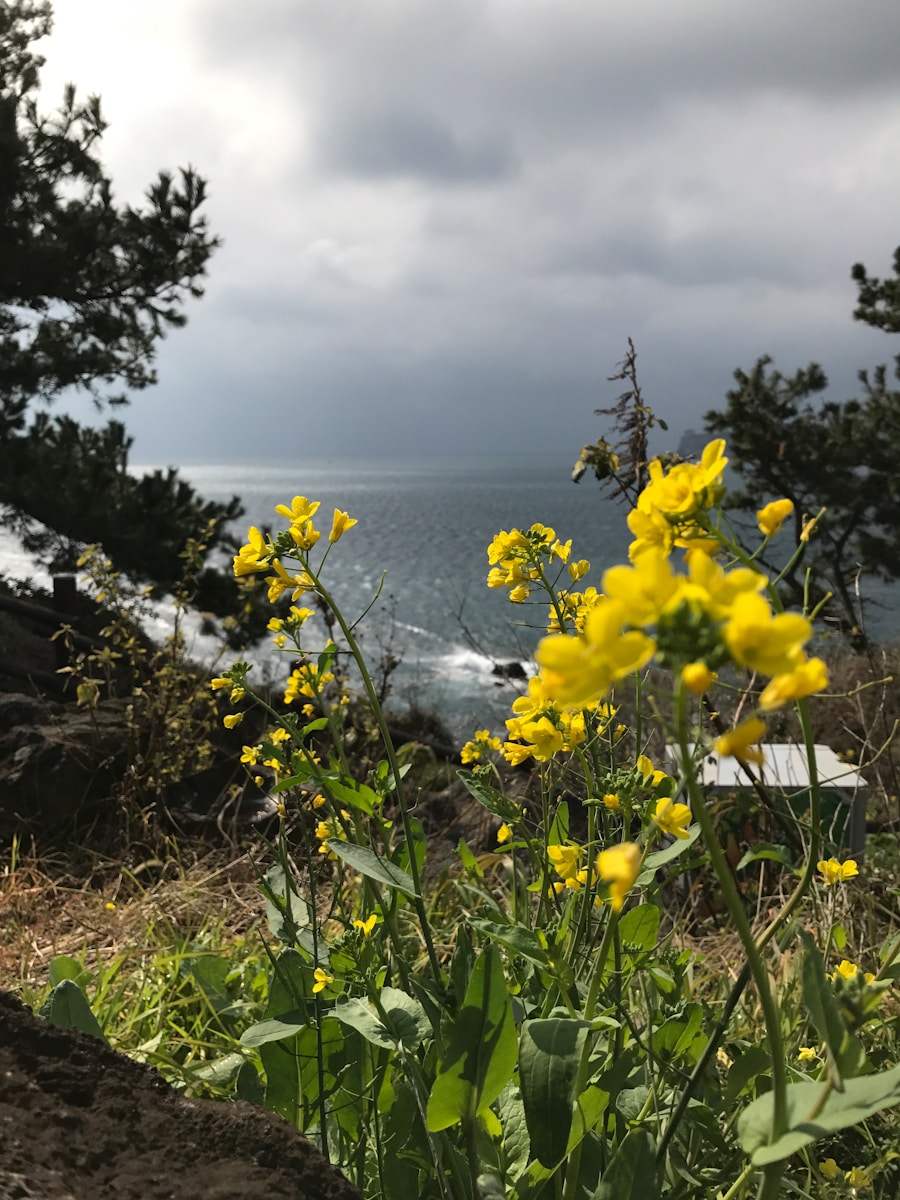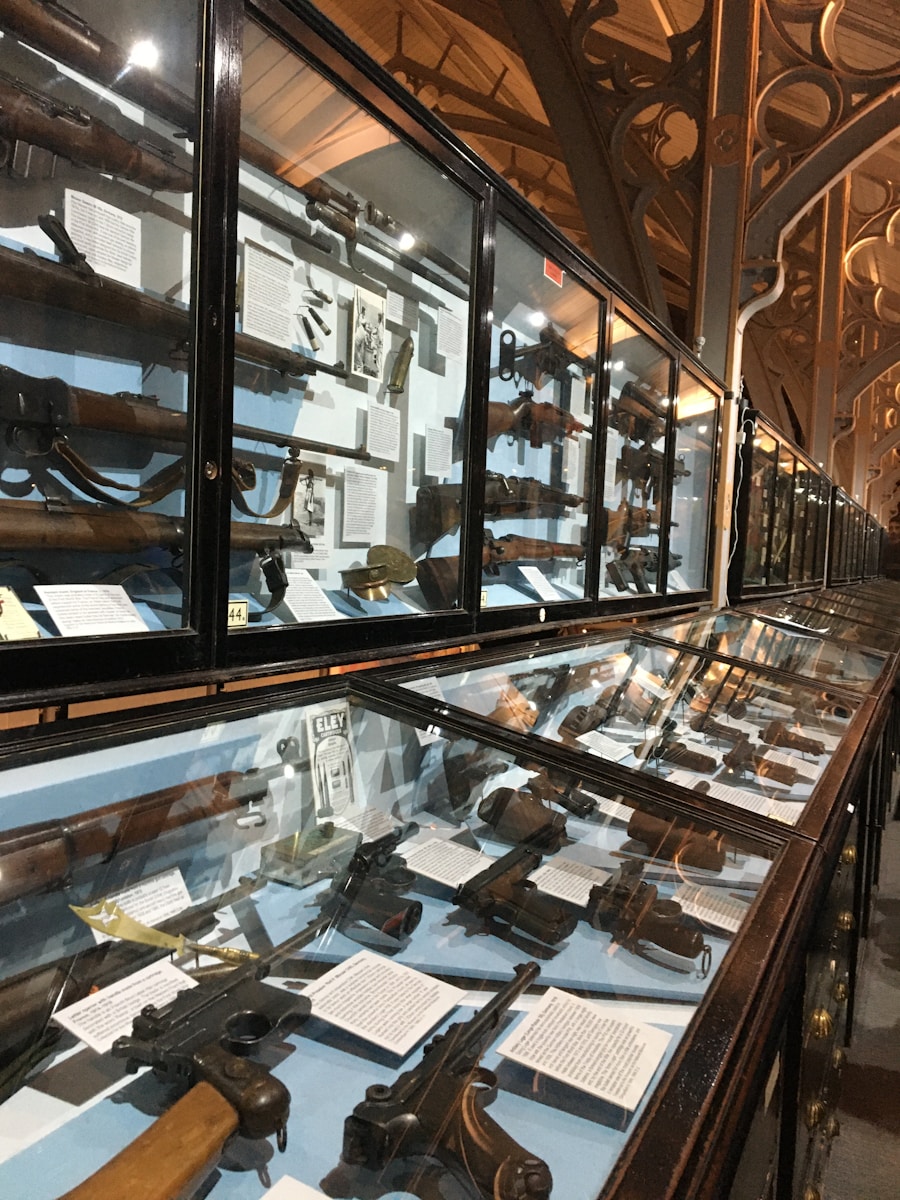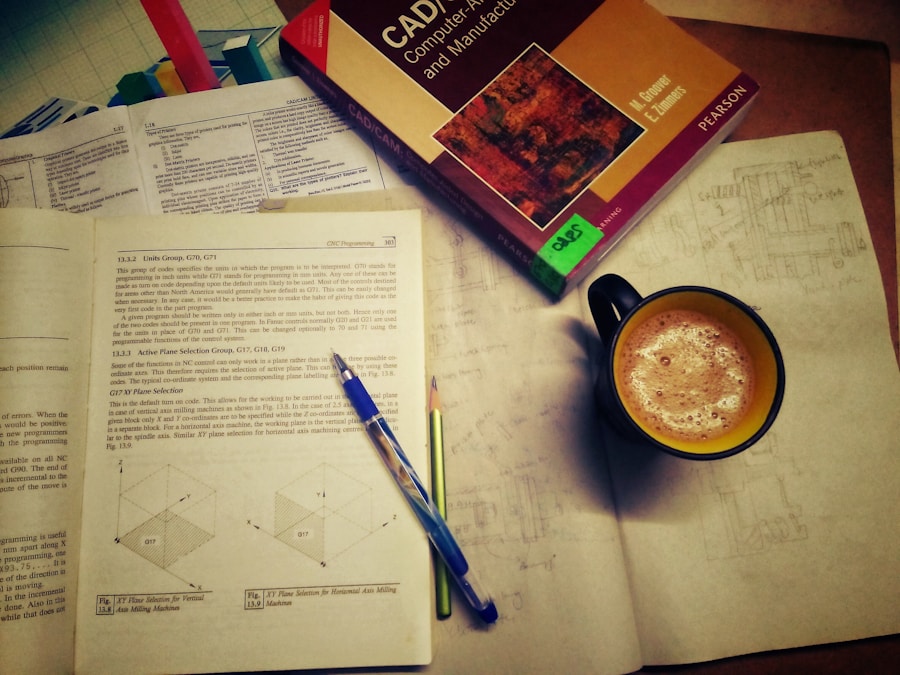Month: April 2025
Integrating Skills for a Holistic Language Experience
The holistic approach to language learning emphasizes the interconnectedness of various language skills, recognizing that language acquisition is not merely about memorizing vocabulary or mastering [more…]
Boosting Oral Skills for Face-to-Face Success
Oral communication skills are fundamental to personal and professional success. In an increasingly interconnected world, the ability to articulate thoughts clearly and persuasively is paramount. [more…]
Moral Growth and Complete Living: Holistic Educational Goals
Moral growth is a complex and multifaceted process that encompasses the evolution of an individual’s ethical beliefs, values, and behaviors over time. This development is [more…]
The Role of Social Science in Applied Social Science
Applied social science is a dynamic field that bridges theoretical frameworks with practical applications, focusing on real-world issues and the complexities of human behavior. It [more…]
Exploring the Sociological Impact of Literature
Literature serves as a mirror reflecting the complexities of human society, encapsulating the myriad experiences, struggles, and triumphs of individuals and communities. It is not [more…]
Women and Environment: Voices in India’s Ecological Awakening
The environmental movement in India has been significantly shaped by the contributions of women, who have often been at the forefront of grassroots activism. Historically, [more…]
Listening Well: Types and Barriers Explored
Active listening is a fundamental skill that transcends mere hearing; it involves fully engaging with the speaker, understanding their message, and responding thoughtfully. This practice [more…]
Non-Verbal Skills: Gestures, Eye Contact, and More
Non-verbal communication plays a crucial role in how we convey messages and emotions. It encompasses a wide range of behaviors, including facial expressions, gestures, posture, [more…]
Crafting Your Speech: From Topic to Delivery
Selecting an appropriate topic is the cornerstone of any successful speech. The topic not only sets the tone for your presentation but also determines the [more…]
Democratic Aims: Building an Inclusive Future
Inclusivity is a cornerstone of democratic ideals, serving as a fundamental principle that ensures all voices are heard and represented within the political landscape. In [more…]
Bibhutibhusan’s Moon Mountain: A Richtersveld Journey
Bibhutibhusan Bandyopadhyay, a luminary in Bengali literature, is often celebrated for his evocative storytelling that captures the essence of nature and human experience. One of [more…]
Mastering Listening and Speaking: Teaching Techniques
Listening and speaking skills are fundamental components of effective communication, serving as the bedrock for interpersonal interactions in both personal and professional contexts. The ability [more…]
Thoreau’s Where I Lived: Simplicity and Purpose
Henry David Thoreau’s “Where I Lived and What I Lived For,” a chapter from his seminal work “Walden,” serves as a profound exploration of the [more…]
Nailing Paper Presentations with Confidence
Confidence plays a pivotal role in the effectiveness of paper presentations. When a presenter exudes confidence, it not only enhances their credibility but also captivates [more…]
Why Aims Matter: Meaning and Significance in Education
In the realm of education, the concept of aims serves as a foundational pillar that underpins the entire learning process. Aims in education are not [more…]
Understanding Society: The Role of Social Science
Social science plays a pivotal role in understanding the complexities of human behavior and societal structures. It encompasses a wide range of disciplines, including sociology, [more…]
Development, Resistance: Chipko, Narmada Bachao, and Silent Valley Movements
Development and resistance movements have emerged as critical responses to the challenges posed by rapid industrialization, urbanization, and globalization. These movements often arise in contexts [more…]
Amitav Ghosh’s The Living Mountain: Nature’s Voice
Amitav Ghosh’s “The Living Mountain” is a profound exploration of the intricate relationship between humanity and the natural world, set against the backdrop of the [more…]
Unit 3: Literature and Environmental Imagination (Credit: 1)
Literature serves as a mirror reflecting the complexities of human experience, and within this vast realm, the concept of environmental imagination emerges as a vital [more…]
Why Spoken English is a Game-Changer
In an increasingly interconnected world, the ability to communicate effectively in English has become paramount. Spoken English serves as a bridge that connects individuals from [more…]
Schools as Social Hubs: Functions and Society’s Link
Schools have long been recognized as institutions primarily focused on education, but their role extends far beyond the mere transmission of knowledge. They serve as [more…]
Administrative Centers and the Rise of Urbanization in Empires
Administrative centers have historically served as the nerve centers of empires, acting as the focal points for governance, resource allocation, and the implementation of imperial [more…]
Vishnu Sharma’s Panchatantra: Animal Wisdom Stories
The Panchatantra, a timeless collection of fables and moral tales, has captivated audiences for centuries with its rich storytelling and profound wisdom. Attributed to the [more…]
Task-Based Learning and New Trends in ELT
Task-Based Learning (TBL) has emerged as a significant pedagogical approach in the realm of language education, emphasizing the importance of using meaningful tasks as the [more…]
Jim Corbett’s Goongi: A Hunter’s Tale
Jim Corbett, a name synonymous with wildlife conservation and the thrilling tales of man versus beast, is perhaps best known for his encounters with some [more…]
Overcoming Common Barriers to Communication
Communication serves as the bedrock of human interaction, facilitating the exchange of ideas, emotions, and information. It is not merely about the words spoken; it [more…]
Education’s Role in Individual, Social, and National Development
Education serves as a cornerstone for individual development, shaping not only knowledge but also character and critical thinking skills. From early childhood through adulthood, the [more…]
The Impact of Social Sociology on Society
Social structures are the intricate frameworks that shape the relationships and interactions among individuals within a society. These structures are not merely abstract concepts; they [more…]
Environmental Discourse: Women’s Role in Shaping the Movement
Throughout history, women have played a pivotal role in shaping environmental discourse, often serving as the unsung heroes of ecological advocacy. In the early 20th [more…]
Wordsworth’s Nature: Too Much With Us and Education
William Wordsworth, a central figure in the Romantic movement, is renowned for his profound connection to nature, which serves as a cornerstone of his poetic [more…]
Nehru’s Book of Nature: Lessons from the Wild
Jawaharlal Nehru, the first Prime Minister of India, was not only a pivotal figure in the country’s struggle for independence but also a profound thinker [more…]
Techniques to Communicate Like a Pro
Body language is an integral component of communication that often speaks louder than words. It encompasses a range of nonverbal cues, including facial expressions, gestures, [more…]
Objectives of Education: Know, Do, Live Together, and Be
Education serves as a cornerstone for individual and societal development, encompassing a wide array of objectives that extend beyond mere academic achievement. At its core, [more…]
John Charles Ryan: Eco-Humanities in the Covid Era
John Charles Ryan is a prominent figure in the field of eco-humanities, a discipline that merges ecological concerns with humanistic inquiry. His work emphasizes the [more…]
Direct Method vs. Audio-Lingual: Teaching Styles Compared
The landscape of language education has evolved significantly over the years, with various teaching methodologies emerging to address the diverse needs of learners. Among these [more…]
Sumana Roy’s I Want to Be a Tree: A Poetic Dream
Sumana Roy is a contemporary Indian poet, essayist, and novelist whose literary contributions have garnered significant attention in the realm of modern literature. Born and [more…]
Essentials for Clear and Impactful Communication
In an increasingly interconnected world, the ability to communicate clearly and effectively has never been more crucial. Clear communication serves as the foundation for successful [more…]
Formal, Informal, and Non-Formal Education: Systems and Agencies
Formal education systems are structured frameworks designed to provide systematic instruction and learning experiences, typically within an institutional setting. These systems are characterized by a [more…]
Amazon Careers: Work from Home Opportunities
In recent years, the landscape of employment has undergone a significant transformation, with remote work becoming increasingly prevalent. Amazon, one of the largest and most [more…]
Maximizing Academic Success: The Role of Social Science Academic Counselling
Academic counselling serves as a pivotal resource for students navigating the complexities of their educational journeys. It encompasses a range of services designed to assist [more…]
Administration, Governance, and Features of Early Settlements
The administration of early settlements was often rudimentary, reflecting the nascent stages of societal organization. In many cases, these communities were established by small groups [more…]
Man and Nature: Philosophical Perspectives from India
Indian philosophy has long been characterized by its profound engagement with the relationship between man and nature. This intricate relationship is not merely a backdrop [more…]
Emily Dickinson’s A Bird Came Down: Nature Observed
Emily Dickinson, one of the most significant figures in American poetry, is renowned for her unique style, innovative use of language, and profound exploration of [more…]
Ruskin Bond’s The Cherry Tree: Growth and Hope
Ruskin Bond, a celebrated Indian author known for his evocative storytelling and deep connection to nature, presents a poignant narrative in “The Cherry Tree.” This [more…]
Tips to Level Up Your Non-Verbal Skills
Non-verbal communication plays a crucial role in how we convey messages and interpret the intentions of others. It encompasses a wide range of behaviors, including [more…]
Defining Education: Meaning, Nature, and Scope
Education is a fundamental pillar of human development and societal progress. It serves as a conduit through which knowledge, skills, values, and cultural norms are [more…]
Navigating Social Conflict: Understanding Sociology’s Role
Social conflict is an inherent aspect of human interaction, manifesting in various forms across different societies and cultures. It arises when individuals or groups perceive [more…]
Cross-Border Cooperation and India’s Diplomacy
Cross-border cooperation refers to the collaborative efforts between neighboring countries to address shared challenges, enhance mutual benefits, and foster regional stability. This form of cooperation [more…]
R.K. Narayan’s The Axe: A Tale of Nature’s Loss
R.K. Narayan, one of India’s most celebrated authors, is renowned for his profound yet accessible storytelling that captures the essence of Indian life. Born on [more…]
Transboundary Ecological Challenges
Transboundary ecological challenges refer to environmental issues that cross national borders, affecting multiple countries and regions. These challenges arise from a variety of sources, including [more…]
Exploring Suggestopedia, TPR, and Community Learning
Suggestopedia, developed by Bulgarian psychiatrist Georgi Lozanov in the 1970s, is an innovative approach to language learning that emphasizes the role of suggestion and the [more…]
Maya Angelou’s Still I Rise: Triumph Over Adversity
Maya Angelou, born Marguerite Annie Johnson on April 4, 1928, in St. Louis, Missouri, emerged as one of the most influential voices in American literature [more…]
Environmental Impact of Border Policies
Border policies, often designed to regulate the movement of people and goods, have far-reaching implications that extend beyond their immediate political and economic objectives. These [more…]
Enhancing Interaction with Listening and Eye Contact
Listening is often regarded as one of the most critical components of effective communication. It is not merely a passive activity; rather, it is an [more…]
Why Discipline Matters in Social Life
Discipline plays a pivotal role in the fabric of personal relationships, serving as a foundation upon which trust, respect, and understanding are built. In romantic [more…]
Refugees and Displacement Challenges
The global refugee crisis has reached unprecedented levels, with millions of individuals forcibly displaced from their homes due to conflict, persecution, and human rights violations. [more…]
Metals and Minerals: Harnessing Nature in Indian Tradition
Metals and minerals have played a pivotal role in shaping the cultural and historical landscape of India. From the ancient Indus Valley Civilization, where copper [more…]
Robin S. Ngangom’s Native Land: Roots and Resistance
Robin S. Ngangom is a prominent figure in contemporary Indian poetry, particularly known for his contributions to the literary landscape of the Northeast region of [more…]
Globalization’s Impact on Border Economies
Globalization is a multifaceted phenomenon that has reshaped the economic, cultural, and social landscapes of nations around the world. It refers to the increasing interconnectedness [more…]
Jayantha Mahapatra’s Dawn at Puri: Sacred Shores
Jayantha Mahapatra, an eminent figure in contemporary Indian literature, has carved a niche for himself as a poet who intricately weaves the threads of personal [more…]
Non-Verbal Communication: The Power of Body Language
Non-verbal communication encompasses a wide array of signals that convey meaning without the use of words. This form of communication includes facial expressions, gestures, posture, [more…]
Discipline, Liberty, and Democracy: A Delicate Balance
Discipline serves as a cornerstone in the edifice of a democratic society, providing the structure and order necessary for the functioning of its institutions and [more…]
State and Non-State Actors in Border Politics
Border politics is a complex and multifaceted arena that encompasses a variety of actors, both state and non-state, each playing a significant role in shaping [more…]
Role of Agriculture and Surplus Production in Urban Rise
Agriculture has long been the backbone of human civilization, serving as the foundation upon which early urban societies were built. In the nascent stages of [more…]
Frost’s Stopping by Woods: A Moment of Pause
Robert Frost’s poem “Stopping by Woods on a Snowy Evening” is a masterful exploration of the interplay between nature and human responsibility. Written in 1922, [more…]
Cross-Border Cultural Interactions
Cross-border cultural interactions refer to the exchanges and interactions that occur between individuals, communities, and nations across geographical boundaries. These interactions can manifest in various [more…]
Communicative Approach: Real-World Language Use
The Communicative Approach, often referred to as Communicative Language Teaching (CLT), emerged in the 1970s as a response to the limitations of traditional language teaching [more…]
Auden’s Shield of Achilles: War and Modernity
W.H. Auden’s poem “The Shield of Achilles,” published in 1952, stands as a poignant exploration of the intersection between classical mythology and the stark realities [more…]
Verbal Communication: Mastering Speech and Words
Verbal communication serves as the cornerstone of human interaction, facilitating the exchange of ideas, emotions, and information. It encompasses not only the spoken word but [more…]
Maintaining Discipline and Order in Learning Spaces
Discipline and order are foundational elements in any effective learning environment. They create a structured atmosphere where students can focus on their studies without the [more…]
The Impact of Social and Political Science on Society
Social and political science is a multifaceted discipline that examines the intricate relationships between individuals, societies, and political structures. It encompasses a wide range of [more…]
Bridging the Gap: Integrating Natural and Social Sciences
The historical separation of natural and social sciences can be traced back to the Enlightenment period, when the scientific method began to gain prominence. Natural [more…]
Colonial Borders and the Inner Line Regulation
The establishment of colonial borders is a complex narrative that intertwines the ambitions of European powers with the diverse realities of indigenous populations. During the [more…]
Energy, Water, and Forests: India’s Vital Environmental Resources
Energy, water, and forests are the lifeblood of India, underpinning its economic growth, social development, and environmental sustainability. As the world’s second-most populous country, India [more…]
Yeats’ No Second Troy: Love and Rebellion
“No Second Troy” is one of W.Yeats’ most poignant poems, encapsulating the complexities of love, rebellion, and the interplay between personal and political realms. Written [more…]
Theoretical Frameworks in Border Studies
The study of borders has evolved into a multifaceted field that encompasses a variety of disciplines, including political science, sociology, geography, and cultural studies. Theoretical [more…]
Christina Rossetti’s In an Artist’s Studio: A Woman’s Gaze
Christina Rossetti, a prominent figure in Victorian literature, is celebrated for her poignant poetry that often explores themes of love, loss, and the complexities of [more…]
Introduction to Frontier and Borderland Concepts
The concepts of frontiers and borderlands are often intertwined yet distinct, each carrying its own implications in the realms of geography, politics, and culture. A [more…]
Communication Basics: Meaning, Nature, and Purpose
Communication is a fundamental aspect of human interaction, serving as the primary means through which individuals convey thoughts, emotions, and information. At its core, communication [more…]
Exploring Different Types of Discipline
Discipline is a multifaceted concept that encompasses a range of practices aimed at teaching children self-control, responsibility, and appropriate behavior. At its core, discipline is [more…]
Preserving Cultural Heritage Through Museums
Cultural heritage encompasses the traditions, customs, artifacts, and historical narratives that define a community or society. It serves as a bridge connecting past generations to [more…]
Tennyson’s Break, Break, Break: Grief by the Sea
Alfred Lord Tennyson’s poem “Break, Break, Break” stands as a poignant exploration of loss and the enduring nature of grief. Written in the wake of [more…]
Repatriation and Cultural Property Debates
The history of repatriation and cultural property debates is deeply intertwined with colonialism, imperialism, and the evolving understanding of cultural heritage. The term “repatriation” refers [more…]
Structural-Oral-Situational: Building Language Skills
The structural approach to language learning is rooted in the belief that language can be understood as a system of structures, including grammar, syntax, and [more…]
Matthew Arnold’s Dover Beach: A Reflection on Faith
Matthew Arnold, a prominent figure in Victorian literature, was not only a poet but also a cultural critic and educationalist. Born in 1822, Arnold was [more…]
Ethical Principles in Museum Practices
Ethical principles in museum practices serve as the foundation for how institutions engage with their collections, audiences, and the communities they represent. Museums are not [more…]
Pranayama and Meditation: Tools for Mental Peace
Pranayama, derived from the Sanskrit words “prana” (life force) and “ayama” (control), is a practice that involves the regulation of breath to enhance physical and [more…]
Freedom and Discipline: Core Concepts in Education
In the realm of education, the interplay between freedom and discipline is a critical factor that shapes the learning environment. Striking a balance between these [more…]
Innovative Exhibition Design and Technology
Exhibition design has undergone a remarkable transformation over the centuries, evolving from simple displays of goods to complex, multi-sensory experiences that engage audiences on various [more…]
From Rural to Urban: The Transformation in Early India
The history of early India is a tapestry woven with diverse cultures, languages, and traditions that have evolved over millennia. The subcontinent’s rich heritage can [more…]
Appropriation of Environment: Indian Philosophy and Resource Use
Appropriation in Indian philosophy is a multifaceted concept that encompasses the relationship between individuals, communities, and the natural world. It is rooted in the understanding [more…]
Keats’ Ode to a Nightingale: Beauty and Escape
John Keats, one of the most celebrated figures of the Romantic movement, is renowned for his profound exploration of beauty, mortality, and the human experience. [more…]
Ethics and Challenges in Conservation Work
Ethical considerations in conservation work are paramount, as they shape the principles and practices that guide efforts to protect biodiversity and ecosystems. The ethical framework [more…]
Preventive Techniques for Artifact Care
Artifact care is a critical aspect of cultural heritage preservation, encompassing a wide range of practices aimed at ensuring the longevity and integrity of historical [more…]
Shelley’s Ode to the West Wind: Nature’s Power
Percy Bysshe Shelley’s “Ode to the West Wind” stands as a monumental piece within the canon of Romantic poetry, encapsulating the fervent spirit of change [more…]
Shelley’s Ode to the West Wind: Nature’s Power
Percy Bysshe Shelley’s “Ode to the West Wind” stands as a monumental piece of Romantic poetry, encapsulating the profound relationship between humanity and nature. Written [more…]
Core Principles of Museum Conservation
Museum conservation is a specialized field dedicated to the preservation and protection of cultural heritage artifacts, artworks, and historical objects. This discipline encompasses a wide [more…]
Principles of Yoga for a Healthy Mind
The philosophy of yoga is a profound and intricate system of thought that extends far beyond the physical postures commonly associated with the practice. Rooted [more…]
Co-Curricular Activities: Types, Meaning, and Importance
Co-curricular activities are an integral part of the educational experience, complementing the academic curriculum and providing students with opportunities to develop a wide range of [more…]
Exploring the Interplay of Natural and Social Sciences
The relationship between natural and social sciences is a complex and dynamic interplay that has evolved over centuries. Natural sciences, which encompass disciplines such as [more…]










